Summer
David Downes’ story
Getting welfare deputyship
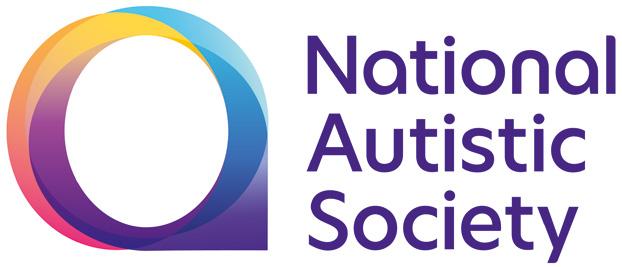
Readers’ advice
Tom Stoltman
“Winning World’s Strongest Man was a dream come true”
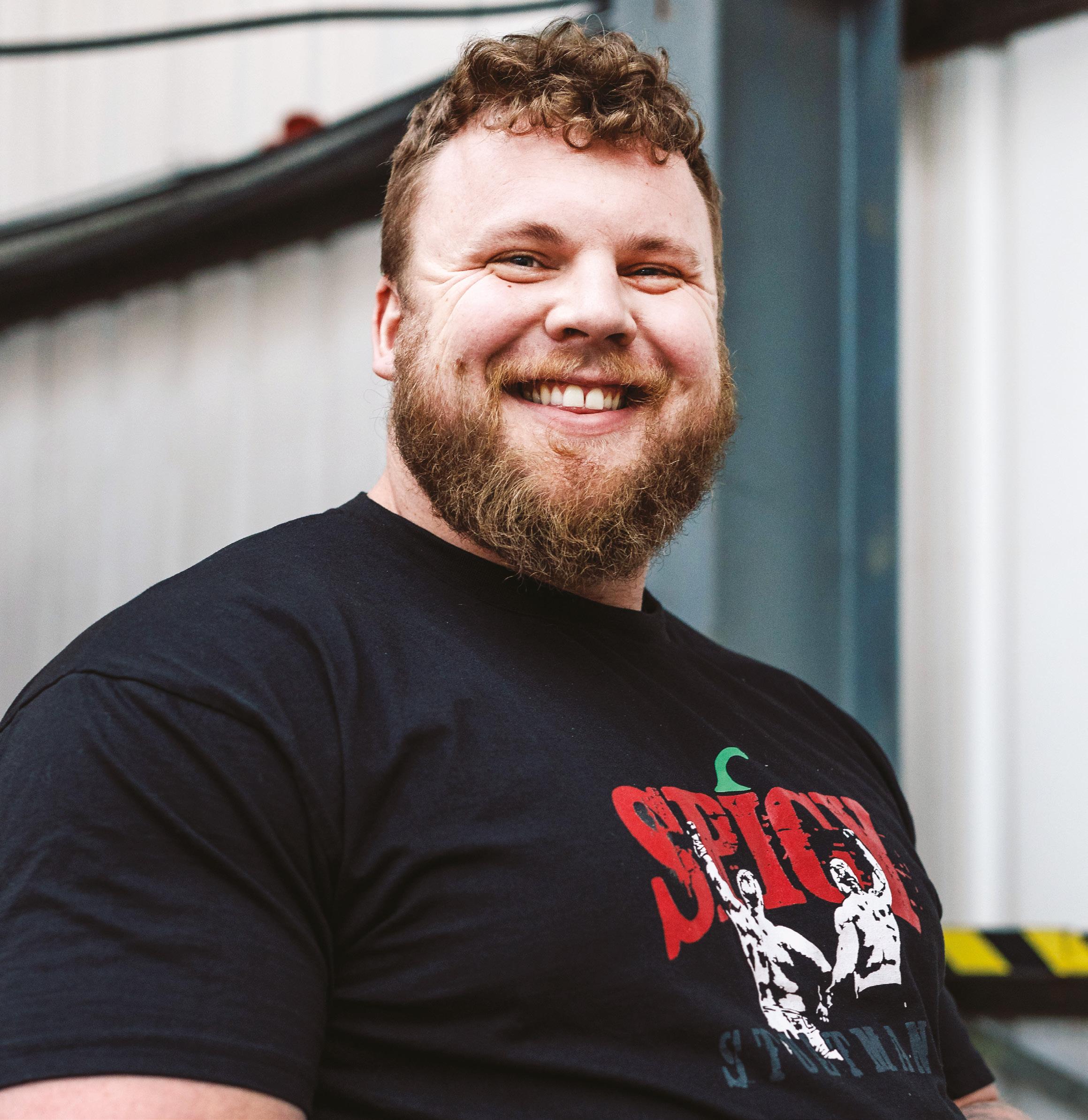
2023
transition from special school Plus
YOUR Holidays,
Portrait of an artist
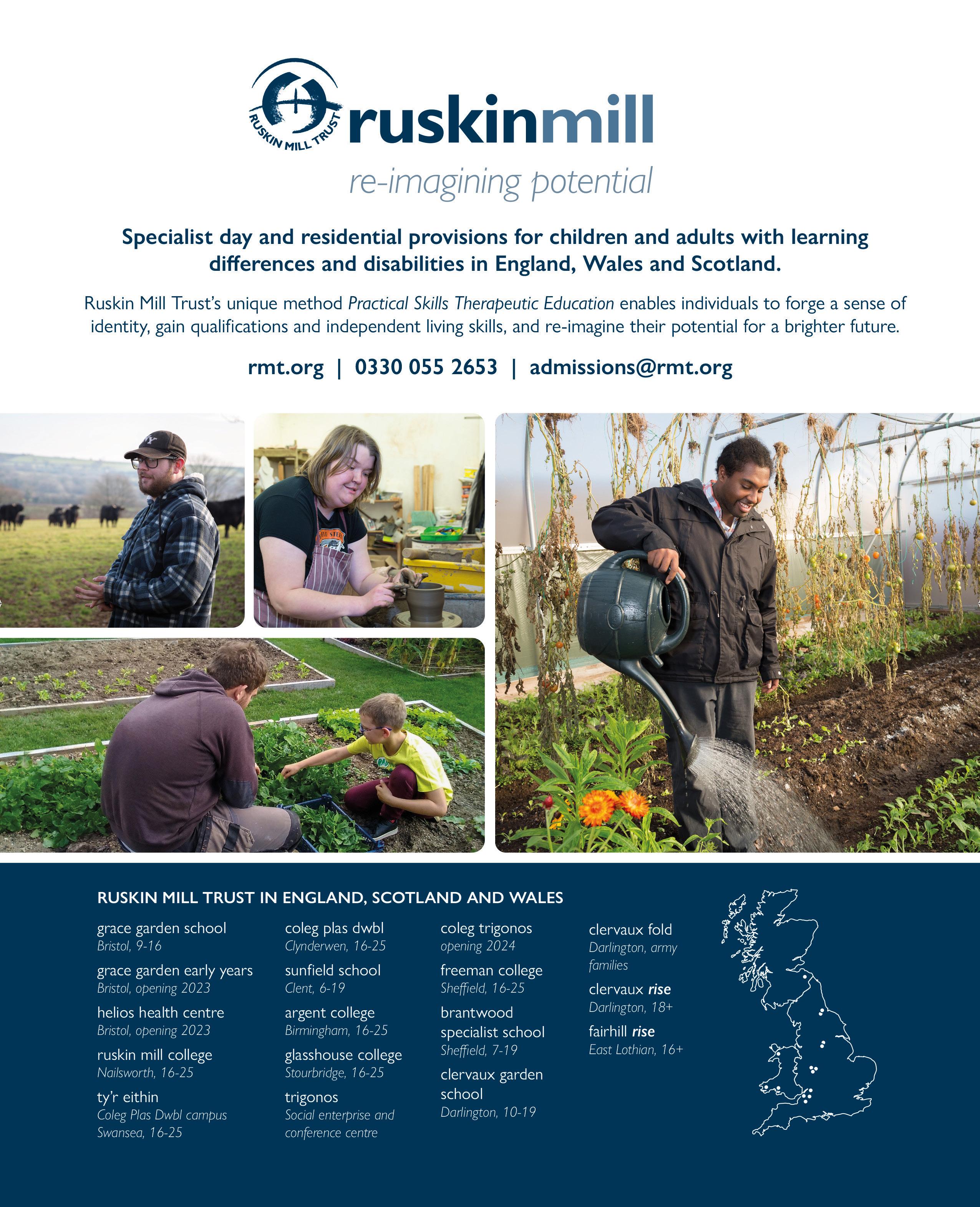
EDITOR
Suzanne Westbury
YourAutismMag@nas.org.uk
CONTRIBUTORS
Sophie Brown and Charlotte Gush
HEAD OFFICE
National Autistic Society 393 City Road London EC1V 1NG
Tel: 020 7833 2299 www.autism.org.uk
SUPPORTER CARE TEAM
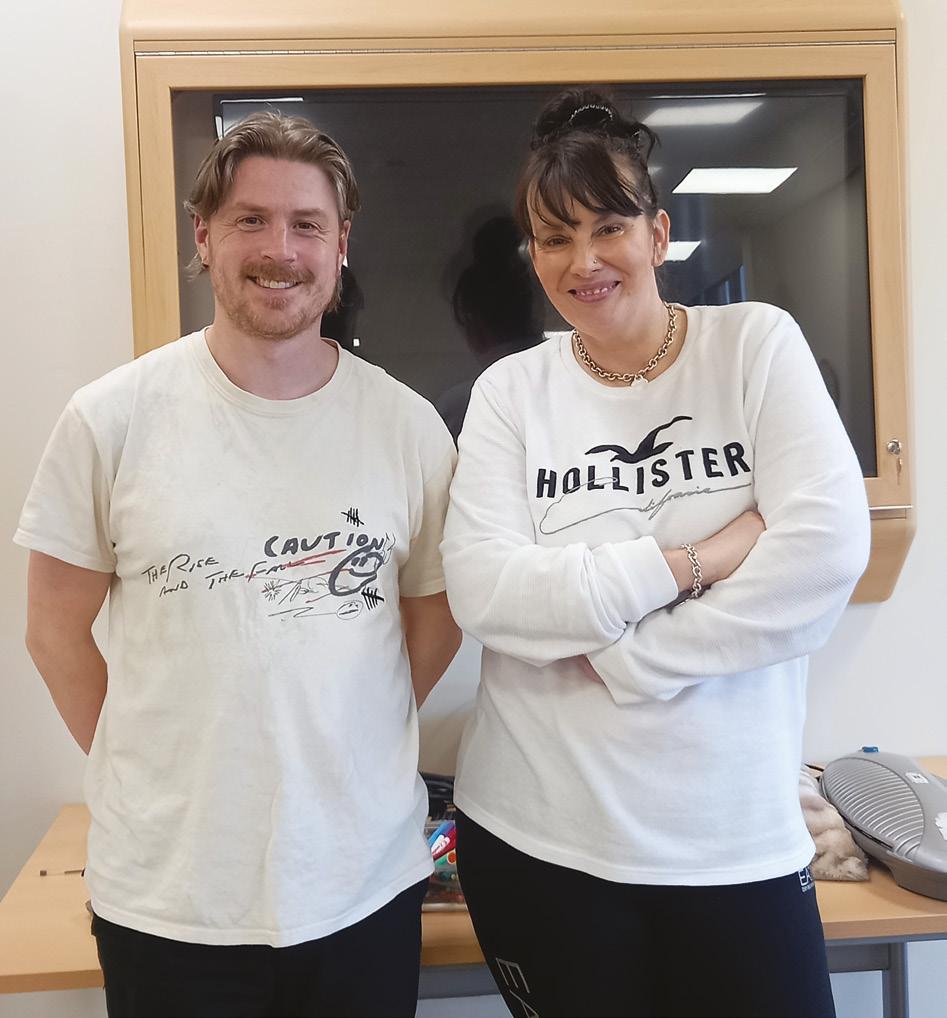
0808 800 1050 membership@nas.org.uk
ADVERTISING
James Pembroke Media
Tel: 0203 859 7098 hoby.abdel@jamespembroke media.co.uk
SUBSCRIPTIONS
Only available to members of the National Autistic Society.
To join, visit www.autism.org.uk
DESIGN AND PRODUCTION
CPL (Cambridge Publishers Ltd) 01223 378000 www.cpl.co.uk

1 Cambridge Technopark, Newmarket Road, Cambridge CB5 8PB
PRINT
Warners Midlands 01778 391000
National Autistic Society is a charity registered in England and Wales (269425) and in Scotland (SC039427) and a company limited by guarantee registered in England (No.1205298), registered office 393 City Road, London EC1V 1NG
© Your Autism magazine
Summer Vol 57, No 2
National Autistic Society ISSN 2055-0413
The views expressed in Your Autism and any enclosures or advertisements are not necessarily those of the National Autistic Society. In the interest of providing readers with the widest range of information, we may include details of some of the many approaches to autism. However, this does not imply our charity’s endorsement of any particular approach or product. The inclusion of a website does not necessarily imply that our charity endorses or supports the group or individuals running the website, nor does the absence of a website imply that our charity does not endorse or support the group or individual running the website.
New
Setting up social groups for autistic adults

Bereavement and your autistic
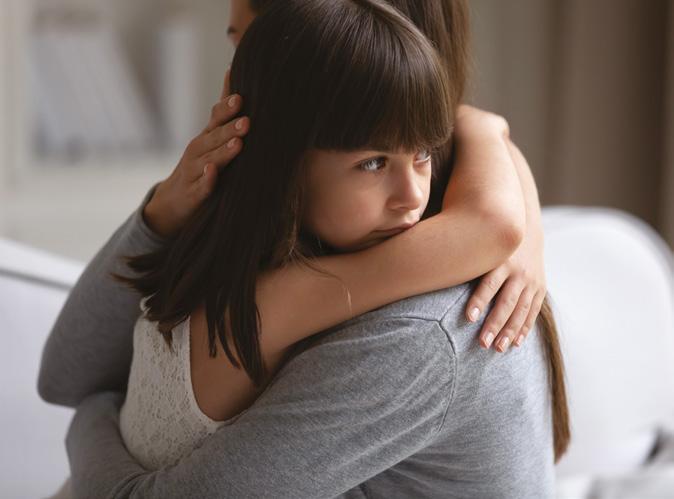
Transition
Planning
Notebook
Things
39% of teachers in mainstream schools have had more than half a day’s autism training”
Summer 2023 3
new A round-up of the latest news Vision to Reality
introduce our new strategy
diagnosis
Marshall on her son, Sam Interview
Stoltman on winning the World’s Strongest Man
stories
artist David Downes
art and fatherhood
holidays
on offer in the UK
the job
latest short film
What’s
We
My
Jo
Tom
Real
Landscape
talks
Autism-friendly
What’s
Just
John Clark’s
Readers to the rescue
Applying for welfare deputyship and using a solicitor
groups in Wales
child
How you can help
from special school
for your child’s future
to read, do and see
I’m a... Skills for Life volunteer Claire Burke’s story Contents
“Only
Summer 2023 YOUR 04 08 11 12 16 20 22 26 30 32 34 39 42 4 Bereavement Skills for Life volunteering 42 32 Movie moment 22
What’s new?
Call for urgent education reforms
Autistic children are being failed by a woeful lack of appropriate school places and the right support to meet their needs, according to our charity’s new report.
Our research found that only 39% of teachers in mainstream schools have received more than half a day’s autism training. This falls to just 14% for secondary school teachers. Yet 73% of autistic pupils in England are in mainstream schools.
Only 26% of autistic pupils feel happy at school and three in four (74%) parents or carers of autistic children say their child’s school place does not meet their needs.
We are calling on the Government to launch an autism school places taskforce to address the lack of school places and identify what needs to happen to
make sure every autistic child is in a school that can provide them with the right support.

Tim Nicholls, our charity’s Head of Influencing and Research, said: “The Government has a long way to go – every teacher needs to understand autism, and every autistic child needs to get the right support at school. We won’t accept a world where autistic children miss out on an education, and families are left exhausted and on the brink of crisis.”
Read the full report at autism.org.uk/ educationreport2023
A royal visit
We were delighted to welcome our Royal Patron, Her Royal Highness The Duchess of Edinburgh, to Salesian Cullum Centre, in Chertsey, for autistic students. With generous financial support from the Cullum Family Trust, Cullum Centres support autistic students to thrive in a mainstream school setting. With six in place already, we hope to build a further seven over the coming years. Find out more at autism.org.uk/CullumCentres
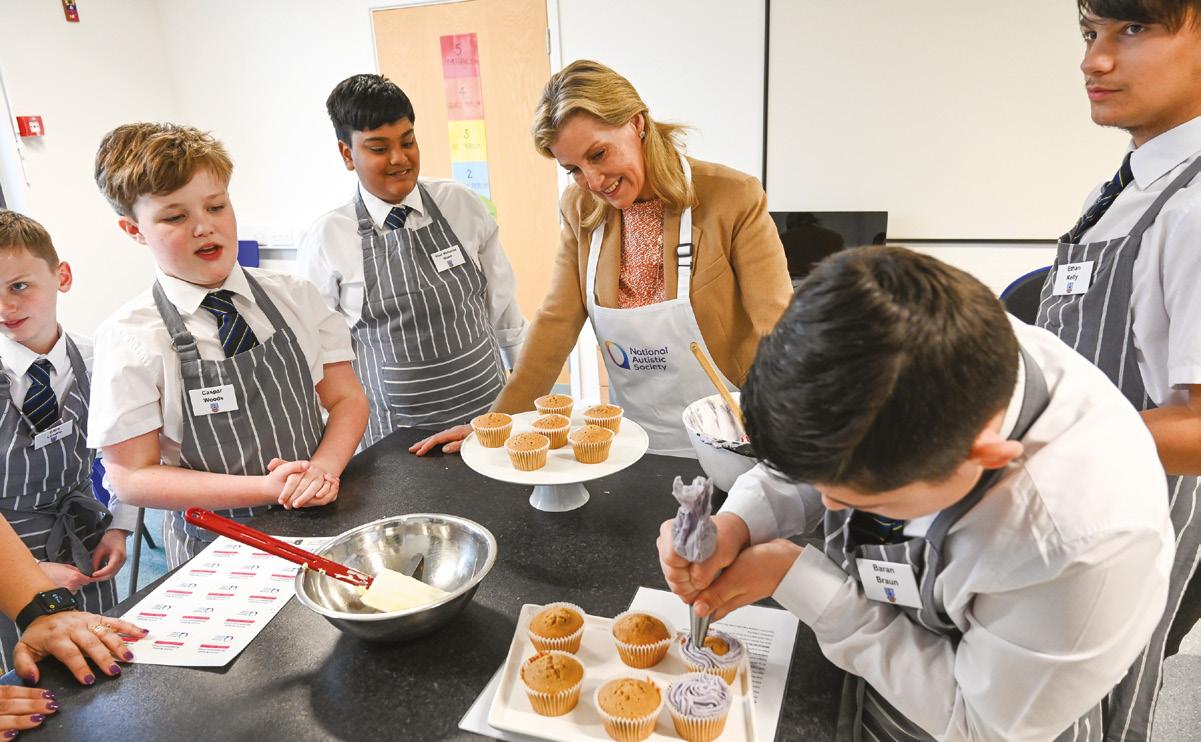
4 Your Autism
Our round-up of the latest news and views
Get in touch!
Education report
2023
Thank you for supporting World Autism Acceptance Week
We can’t thank you enough for your support during World Autism Acceptance Week. So far, the fundraising total stands at £158,000. Every penny raised by you, our amazing supporters, will help deliver our ambitious plans to transform our society into one that truly works for autistic people.

Autistic people in mental health hospitals
The number of autistic people and people with learning disabilities in inpatient mental health hospitals in England has hit 2,060, according to the latest NHS Digital data from April 2023. Of these, 1,320 (64%) are autistic.
We’ve been publishing this information on our website every month because it holds the Government to account on its commitment to reduce the number of autistic people in these institutions. For most autistic people, care in an inpatient unit is rarely helpful – in fact, it can be deeply damaging. The average length of stay is five years, and there aren’t enough of the right types of mental health and social care services in the community for autistic people to move into.
In 2022, we gave evidence to the Joint Committee on the Government’s Draft Mental Health Bill, emphasising how important it is to reform mental health and social care services in the community. We are also helping autistic people and families who are detained, or are at risk of detention, via our Autism Inpatient Mental Health Casework Service for England. We will continue to highlight this issue and hold the Government to account. Find out more at autism.org.uk
The Autism Show 2023
The Autism Show, in partnership with our charity and Brain in Hand, is coming to the Birmingham NEC on 23-24 June and Manchester Central on 7-8 July. Book your tickets today and save 20% off the door price. As a member, you will receive a further 10% discount off fullpriced tickets by quoting the code NAS23 when booking in advance.
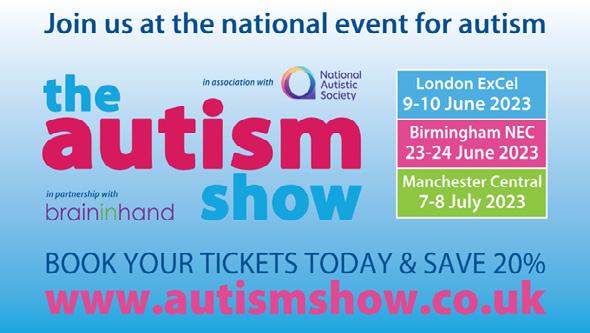
If you’re looking for information pre- or post-diagnosis, facing daily challenges, or approaching significant transition points, The Autism Show can help you.
At the show, you can pick and choose from more than 100 hours of talks, clinics and workshops, plus hundreds of specialist products and services. Book your tickets at autismshow.co.uk
Assessment criteria changes
Some NHS trusts or services have recently announced changes to the criteria for an autism assessment referral. In March, Sirona, which runs services in Bristol, North Somerset and South Gloucestershire, released a plan to restrict the number of children eligible for an autism diagnosis via NHS services because of a 350% increase in demand. The plan was reversed when parents and carers threatened legal action.
Tim Nicholls, our charity’s Head of Influencing and Research, said: “We are incredibly concerned about anything that makes it harder to get an assessment. Changing the criteria for referral will not make long waits disappear – it just increases uncertainty and stress for autistic people and their families. Only funding a system with enough capacity to carry out high-quality assessments will do that.”
Read more at autism.org.uk/autismassessment-criteria-changes
Summer 2023 5
News
Diary dates
Join Team Autism at one of our events:
12 or 13 August 2023
Snowdon Trek
Join Team Autism and climb Snowdon to raise funds for our charity. Apply at autism.org.uk/snowdon-2023
31 August-3 September 2023
London to Paris Cycle Challenge
Team Autism is embarking on an epic challenge this September, cycling from London to Paris in just three days. Will you join us? Find out more at autism.org.uk/ london-to-paris-cycle
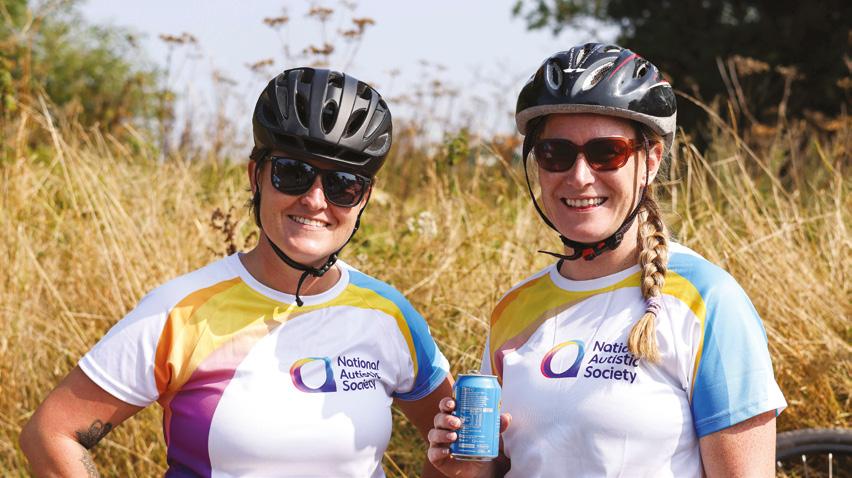
New employment review
10 September 2023
Great North Run
A truly classic challenge to take on. Sign up at autism.org.uk/great-north-run
8 October 2023
Royal Parks Half Marathon
One of London’s premier half marathons, the Royal Parks Half Marathon starts and finishes in Hyde Park, taking in Green Park, St James’s Park and Kensington Gardens along the way. Register at autism.org.uk/ royal-parks

The Department for Work and Pensions (DWP) has announced a new review designed to boost the employment prospects of autistic people. The review will be led by Sir Robert Buckland KC MP and is supported by the DWP and Autistica. The review will ask businesses, employment organisations, specialist support groups and autistic people to identify the barriers to securing and retaining work and progressing with their careers. It will consider how the Government can work with employers to help more autistic people realise their potential and get into work. Recommendations for change will be shared later this year.
Tim Nicholls, our charity’s Head of Influencing and Research, said: “We welcome the autism employment review to better support autistic people into work. Urgent action is needed, as only 29% of autistic people are in employment, compared with around half of all disabled people and 80% of non-disabled people.
“Autistic people have a huge amount to offer employers, and more and more businesses are recognising the benefits of having a diverse workforce, full of people who offer a variety of skills and different ways of thinking.
“But, still, many autistic people face huge barriers to finding and staying in work. Better understanding of autism in the workplace could transform thousands of autistic people’s lives.”

shutterstock.com/mavo
6 Your Autism
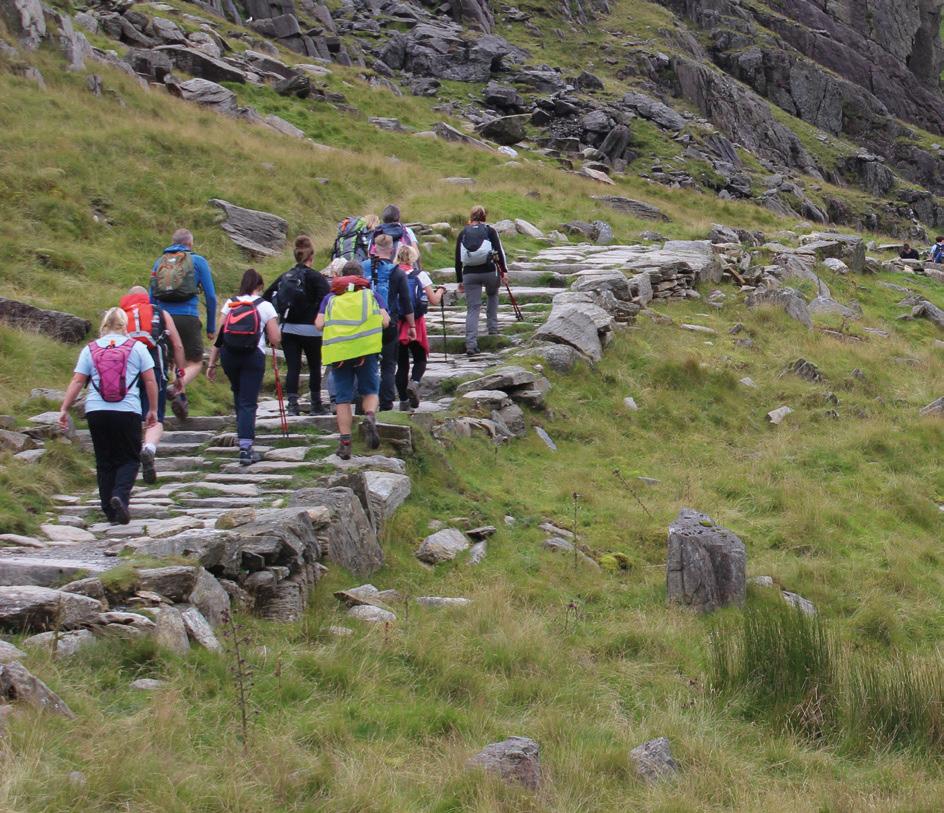

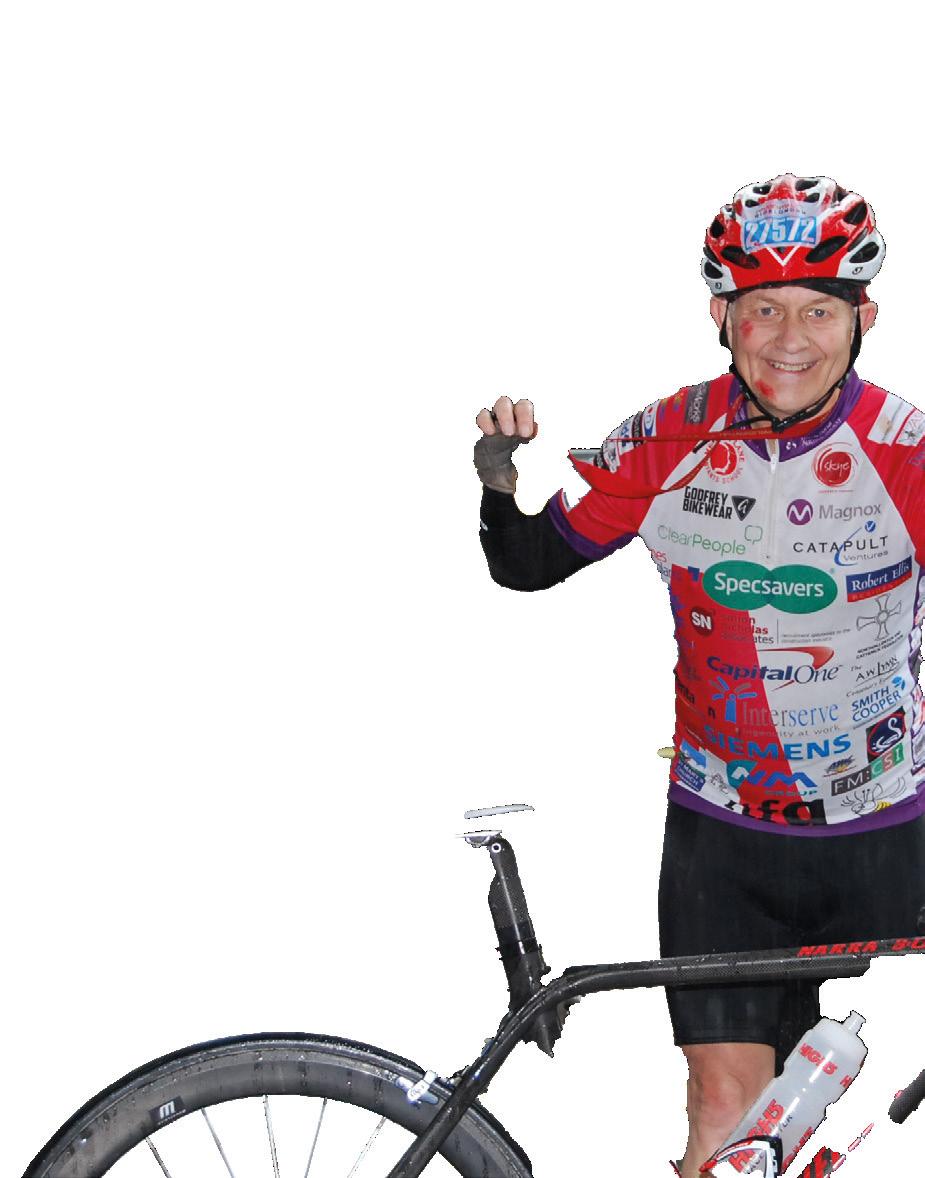
AUG 13 2023 Trek Snowdon! Join Team Autism and climb Snowdon to raise vital funds for the National Autistic Society. Everyone who treks with us receives: • a free branded trekking t-shirt to wear on the day • the chance to enjoy some of the UK’s most beautiful scenery • a well-deserved medal and certificate on completion of the trek. Sign up: autism.org.uk/snowdon-2023 The National Autistic Society is a charity registered in England and Wales (269425) and in Scotland (SC039427) The National Autistic Society is a charity registered in England and Wales (269425) and in Scotland (SC039427) Everyone receives: • a cycling jersey • hotel accommodation • transport and food. Join us this September to cycle from London to Paris in just three days! www.autism.org.uk/london-to-paris-cycle Find out more and book your place:
Launching our Vision to Reality strategy
Vision to Reality
Strategy 2023-2026
We are delighted to introduce our new Vision to Reality strategy for 2023 to 2026. Guided by our Moonshot Vision, our new strategy outlines the role of the National Autistic Society in creating a society that works for autistic people
Today, our goal is the same as it always was – to create a society that works for autistic people. But society has changed a lot since our charity was founded 60 years ago, as has what we know about autism and what autistic people rightly expect from the world around them.
So, in 2022, we embarked on a major exercise to articulate what a society that works for autistic people would actually look like, as described by autistic people and their families. This led to our shared vision of an autism-friendly society – our Moonshot Vision.
Autistic people and their families told us that a society that works for autistic people:
● Values autistic individuals
● Maximises autistic power
● Guarantees support
● Adapts public services and spaces
● Is free from discrimination. Our new organisational strategy puts us on a pathway to make this vision a reality. It outlines the beliefs, ambitions and priorities that will guide our work, so that we can drive society towards achieving this vision.
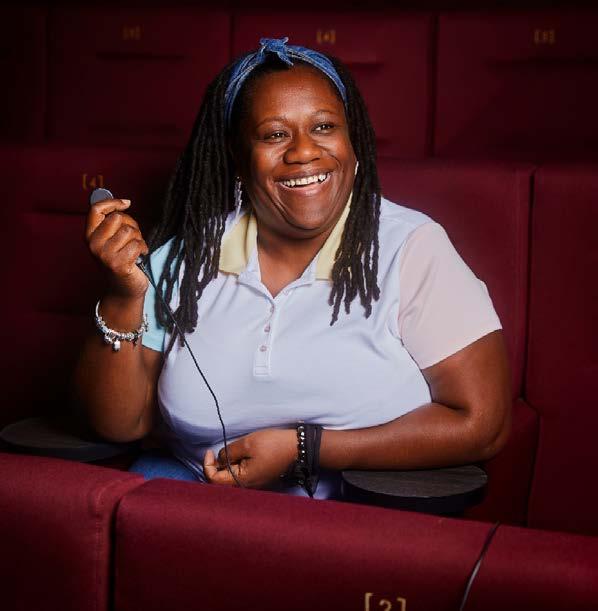
Our new strategy
Our new strategy is led by three beliefs. We believe that the role of the National Autistic Society is to:
● Support all autistic individuals to live their life on their own terms.
● Influence and collaborate with others to improve standards and adjustments.
● Transform society by building understanding, acceptance and respect for all autistic people.
8 Your Autism Strategy
Creating a society that works for autistic people
Within each belief, we have defined a set of ambitions. We’ll use these as a framework to decide where to focus our efforts for maximum impact.
Our ambitions
We’re focused on ensuring that:
Support:
● Autistic people are empowered to shape public narratives and influence their communities.
● Autistic people are supported to enjoy varied life experiences through all stages of life.
● Autistic people can access all types of work, fulfil their goals, and feel part of workplace communities.
● Families and support networks are equipped to support autistic people, from pre-diagnosis to the end of life.

Influence:
● Public spaces are welcoming, with adjustments that recognise the diverse needs and preferences of autistic people.
● Autistic people have positive educational experiences, with a curriculum and learning environment that suits them.
● The needs of autistic people are recognised in the provision of healthcare, social care, housing, mental health and criminal justice.
● Autistic people are a core part of the workforce, and kind, flexible workplaces are commonplace.
Transform:
● There is universal understanding of the unique lived experience and power of autistic individuals.
● Autistic stereotypes and misinformation are challenged and stigma is ended.
● There is a wide and ongoing commitment to deepening knowledge about autism and sharing best practice.
● Autistic people and those who advocate for them are brought together in a movement of change.
Each of these ambitions will take time to realise. With some, we can start work straight away. With others, we need to research and plan before we start delivering on them. We will complete some of the ambitions within the three years of this strategy, while others will be started but still run for many years to come. If we can go further and do more work towards our beliefs, we will.
Help create a society that works for autistic people
A key part of the strategy is to coordinate the ways that autistic people, families and others can contribute to achieving our ambitions. We will consult with autistic people and their family members to make sure we’re enabling you to be involved in the ways you want. We’re going to develop a plan to grow a movement for change, and we hope many members will get involved.
We’ve come a long way together – but there’s still a long way to go. Together, we will achieve our vision of a society that works for autistic people.
Find out more about our new strategy and the work we are going to do at autism.org.uk/ visiontoreality
Spring 2021 9 Strategy Summer 2023
One of our ambitions is to ensure public spaces are welcoming


Sam was our first child, and coping with a new baby wasn’t easy. However, as early as 16 weeks, I had a feeling something was ‘different’ about him. At this stage, though, I had barely heard of autism and found myself making excuses for often difficult behaviour. It was at the age of three, starting nursery school, that the teacher expressed a concern within two weeks. I recall going home and crying at the relief that someone had acknowledged my thoughts, but also at the realisation life would not be the same again.
The road to diagnosis wasn’t smooth, with professionals objecting to us seeking it, in case Sam would be ‘stuck with a label’. The support of the school nurse led us to a diagnosis. We had kept a diary of Sam’s behaviour – and I would suggest this to other parents, as it quickened the route to diagnosis.
I’m forever grateful for the support Sam had throughout school. Don’t get me wrong, we went through some very difficult times: I often felt very alone in the playground when collecting Sam, with other parents judging us for his behaviour. I used to wait for the teacher to speak to me each day about the behaviour that had escalated that day. Our lives became a routine of school meetings, review by a child psychiatrist, and trying to ‘manage’ Sam’s behaviour with
strategies to reinforce positive behaviour. I would honestly say that having Sam taught me to be a good parent.
It was always clear that Sam was very intelligent, and particularly good at maths, leading to success in A-levels, university and his career as a chartered accountant. Pivotal moments are memories in a parent’s mind and, for Sam, achieving head boy at mainstream secondary school and his graduation are among the best.
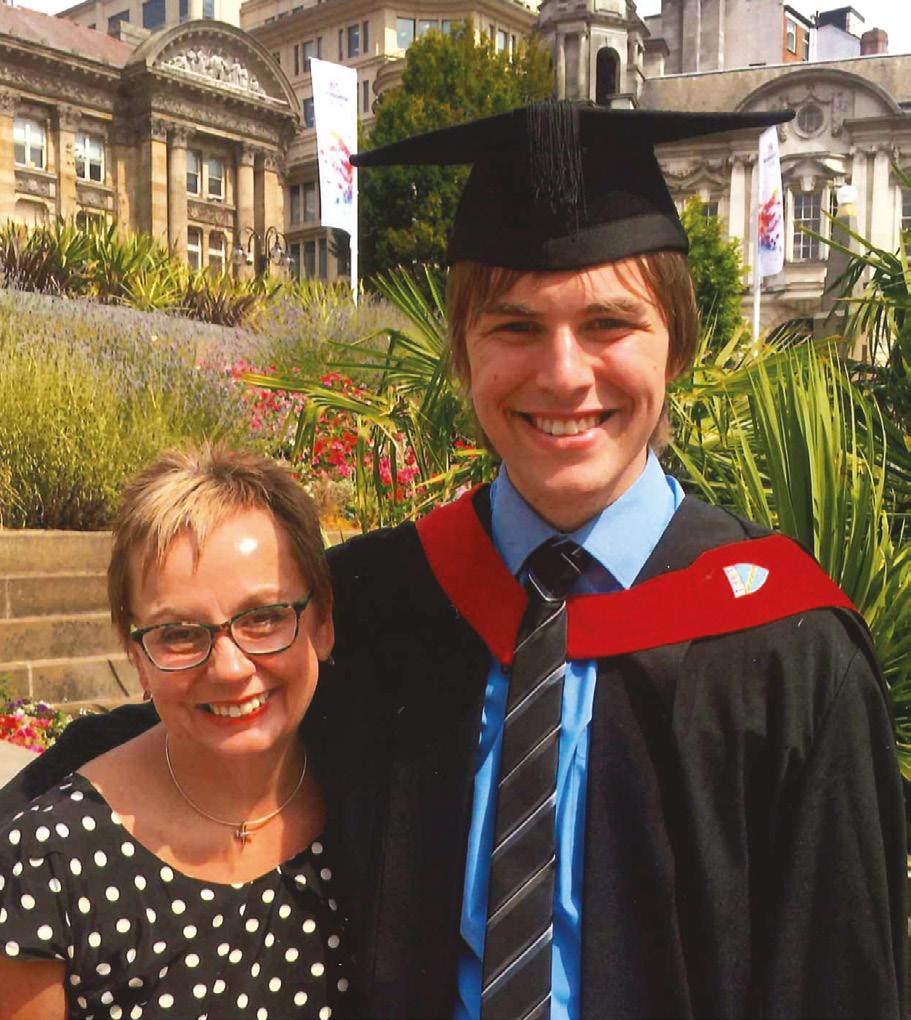
Of course, many times, life has been a challenge. When Sam started university, he grieved for his secondary school, as change will forever be very difficult for him. To this day, he remains quite rigid in his thoughts and behaviour, and finds building new social relationships very difficult – something that has a major impact on his mental health.
In 2022, we set about supporting Sam to move into his own flat, at the age of 26. We are immensely proud of all he has achieved and continue to support him as he builds his independent life.
Jo Marshall reflects on her son Sam’s diagnosis, his school days and where he is now
My son’s diagnosis Summer 2023 11 To share your or your child’s diagnosis story here, email YourAutismMag@nas. org.uk
“We are immensely proud of all Sam has achieved”
“Autism is my superpower”
At just 27 years old, Tom Stoltman became the first British sportsman to win the World’s Strongest Man two years running. But his journey to the top wasn’t easy. Tom, from Invergordon, Scotland, struggled to get an autism diagnosis at school and felt like a failure. Only after finding a supportive community at the gym did he begin to achieve his dreams
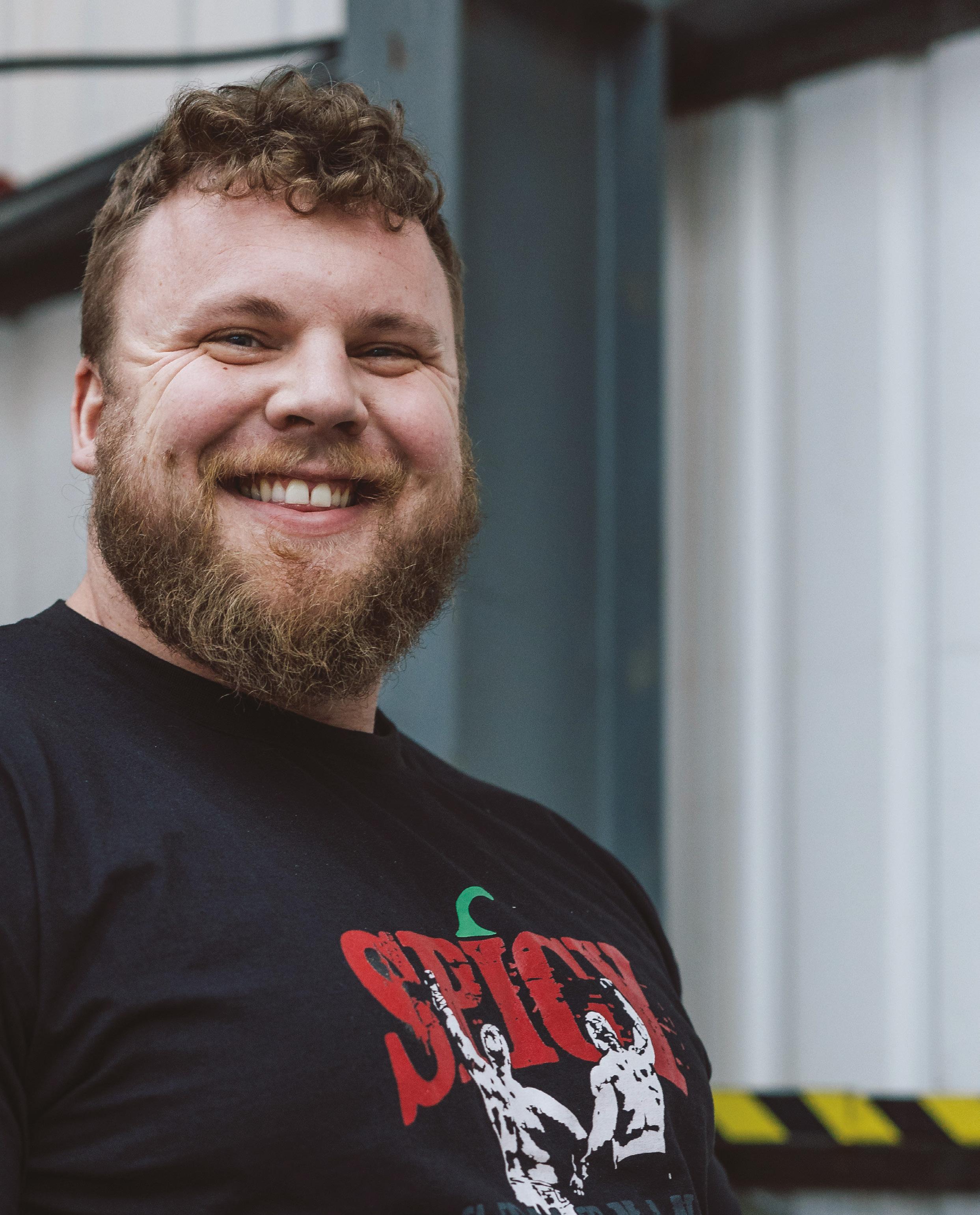 Interview by Charlotte Gush
Interview by Charlotte Gush
Interview 12 Your Autism
Photography@greenhorncreative
Hi Tom! Congratulations on your performance in this year’s World’s Strongest Man competition. How did you first get into strength training?
As a teenager, I was a really tall, skinny guy. I wasn’t confident and I didn’t know anything about the gym. Growing up, all I wanted to do was play football. That’s where I felt like I belonged, on a football pitch with my friends. I dreamt of being a professional footballer. But as I got to about 15 years old, my friends started moving away and I was left kind of by myself. Football was the only thing I knew I was good at, but then it went away, so I just locked myself in my room and thought, what am I going to do now?
My big brother, Luke, is ten years older than me, and he had been going to the gym for a few years and it really helped him. He came into my room one day and said, ‘Look, I’m going to take you to the gym.’ I thought: I know what the gym is, the gym has mirrors and people staring at you and there’s grunting noises and stuff – things I felt really uncomfortable with. But for some reason I said yeah, I’ll come.
The first few weeks I just had my hood up and the only person I would talk to was Luke. The thing that made me really enjoy it, even though I was uncomfortable, was that I knew what I was doing every single day. Obviously, being autistic, what I really thrive on is routine.
How did you get into strongman training?
I started watching strongman [competitions] when Luke was getting into the sport. I watched him in one of his first competitions and he did exactly what they do on TV – lifting cars and logs – and

I was like, ‘Wow, I want to do that!’ I ended up joining a new gym that was all strongman, strengthrelated stuff. I started meeting loads of new people in the gym, and everyone had the same goals – to get stronger and to have fun. There was no-one judging you if you failed a lift, they were just all there to support each other. That’s when I really fell in love with the gym.
By the time I was 18 or 19 years old, I started competing with Eddie Hall and all the big names. Luke and I trained together every day, which we still do now. I took to it like a duck takes to water, and really enjoyed it. My dream, even when I did my first competition, was to become the world’s strongest man.
How does it make you feel now you have achieved that?
It’s a dream come true! To win it twice and win it back to back was a dream. Only me and Geoff Capes have won it twice for Britain, so it’s quite a big achievement.
What was this year’s competition like for you?
It was hard because, after winning World’s Strongest Man last year, I took some months off the sport, just to live my life a wee bit and enjoy time with my family and my wife. We went to Disneyland and New York, and we did a lot of stuff that I can’t really do if I’m training. After the time off, prep was difficult, but my goal was to make the podium. I was very happy to walk away with second!
You’ve called autism your superpower. What does that mean to you?
I started saying that a few years ago because I got labelled in school as all sorts, as being different, and nobody ever wants to ever get that. For me, it’s kind of like bullying –you’re getting labelled because you’re different. It lives with you for the rest of your life.
So, I’m lifting super-human weights and achieving a lot of
Summer 2023 13
Interview
Tom’s dream from the start was to become the world’s strongest man
things that, let’s just say, ‘normal’ people don’t achieve. I won World’s Strongest Man twice in a row, being the only person who had autism in that line up, so I put two and two together and I said: ‘Autism is a superpower!’ That’s a very powerful thing to say.

I’ve had messages from kids, teenagers and adults, saying: ‘Because of you talking about autism the way you do, because you’ve turned it on its head and said it’s a superpower, I’ve now come out to everyone and said: I’ve got the same superpower as Tom Stoltman!’
Do you know what led to your autism diagnosis?
I was struggling socialising with people and I was misbehaving at home. I don’t really remember much of my childhood – it was a nightmare for me. I have to look at pictures to remember it. School didn’t believe my mum when she said: ‘Tom’s got autism, he needs help.’ My mum and dad had to film me and send it to the school for me to get diagnosed and get extra help. For my mum and dad, it was a very sad thing to have to do. It was a very hard time for all of us, to get the help I deserved at school.
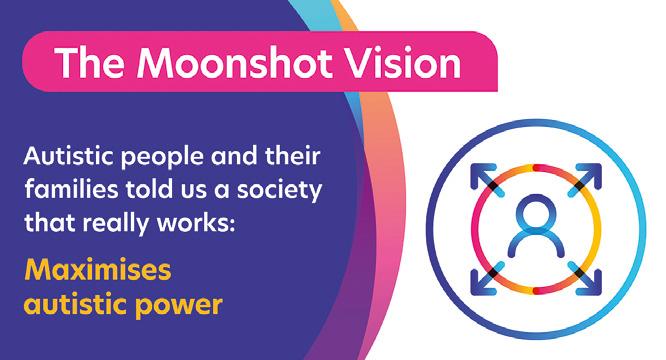
What was school like for you?
Primary school was all right because it was a really small school. I didn’t really have any bad behaviour at school, it was more when I got home; I’d let a big release out, and have meltdowns. It was when I got to the academy that I really started struggling – going from a school of 80 to 500-600 people. That’s when I started not wanting to go to school. I just couldn’t cope. The thing that really put doubt into my mind was when a teacher said to me that I’d never amount to anything because I failed in her class. When I got told that, for the rest of my school years, I had myself down as a failure. That’s what sport did for me – anything sport-related I would excel at and just love. I’d feel like a normal person. I wanted to do that instead of going to school.
Do you have any advice for anyone who wants to follow in your footsteps?
For me – autism or not – it’s just, go do it! There are two things in life that you’re guaranteed and that’s to be born and to die, but what you do in the middle is up to you. If someone says: ‘You’re not going to be able to do that’, go prove them wrong. I had that my whole life. When I was younger people said ‘No’ to me and I proved every doubter wrong –and that is the best feeling in the world!
14 Your Autism Interview
Tom has won the World’s Strongest Man title twice in a row
If someone says: ‘You’re not going to be able to do that’, go prove them wrong. I had that my whole life
Photography@greenhorncreative

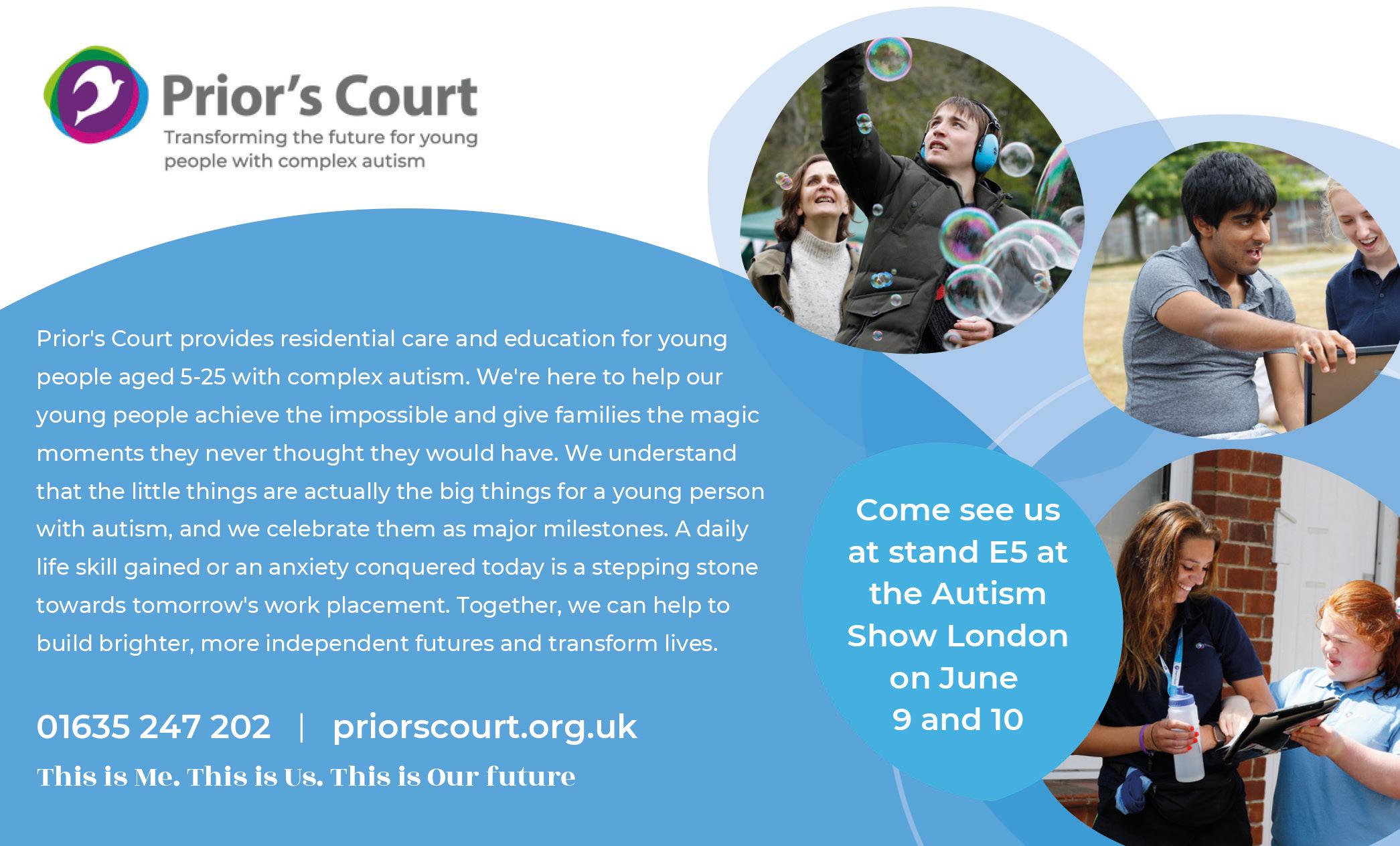
“I could draw before I could talk”
Landscape artist David Downes chats to us about autism, art and fatherhood
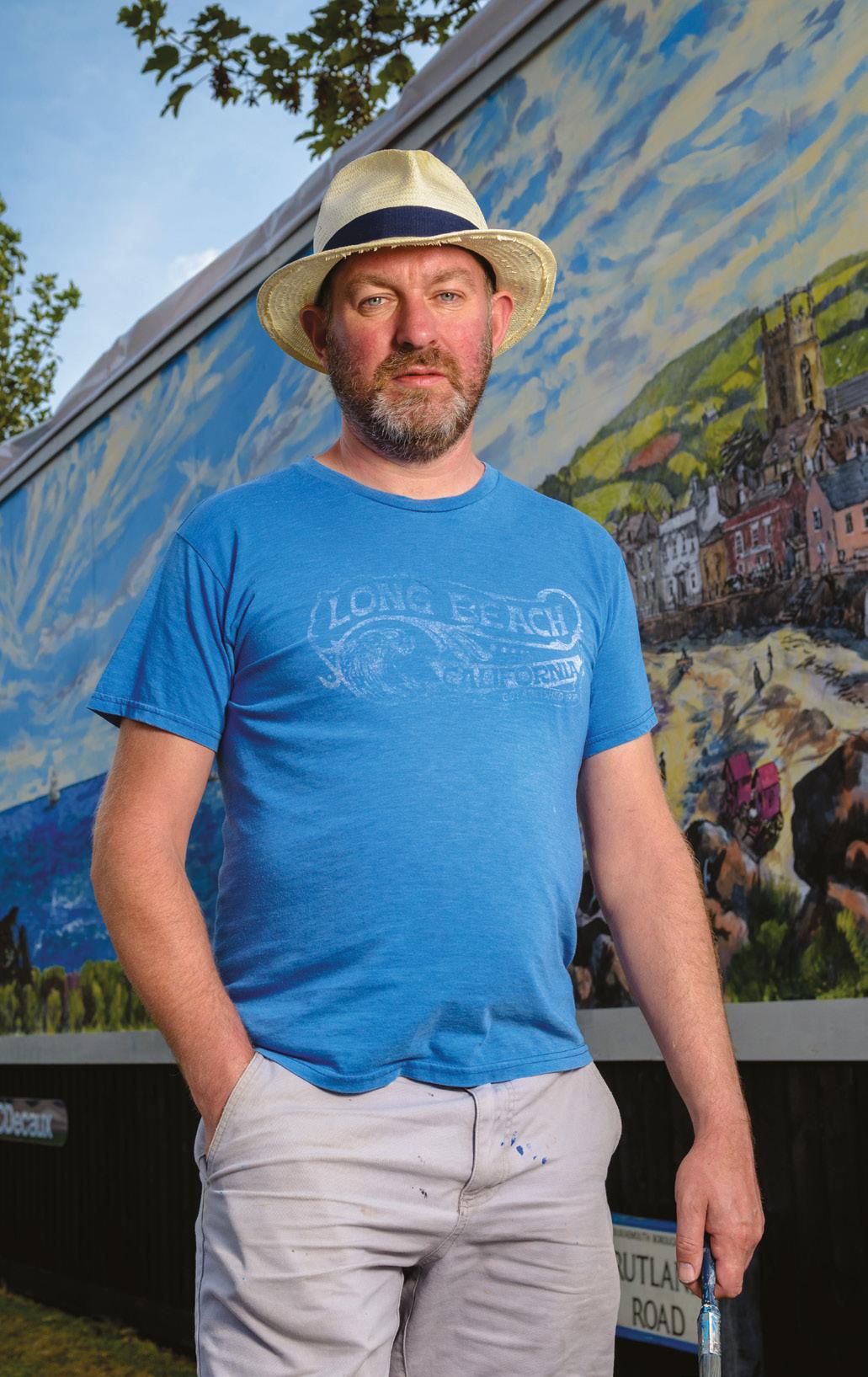
What was your childhood like and when did you first start drawing?
I grew up in sleepy Suffolk in the 1970s. I was an unusual kid because I wasn’t very inquisitive or interested in my environment. I either pretended to be Biggles, flying around in a World War I plane, or just tipped glasses of water one into the other. Then I started to draw, but in an unusual way. I could draw in perspective and 3D. I drew things from above. Mum and Dad were curious and fascinated by it. I wasn’t talking; I was just drawing pictures all the time, of churches and road junctions, trees and birds. I’d look at something, remember how it looked, and then draw it from memory.
So, you’ve always been able to draw from memory?
Yes, to such an extent that I had difficulty copying, as I found it boring when I could draw weird things from memory. So much training as an artist was about learning to copy. I felt a lot more comfortable working from imagination.
How did your art teachers respond to that?
Some teachers had difficulty understanding how I could do these drawings of metropolises and landscapes from imagination. Mum entered me for the Kellogg’s Children’s Drawing Competition in 1975. I didn’t get in because they thought I’d got an adult to do the picture!
What was school like for you?
It was a struggle with learning, particularly maths. At secondary school, I struggled with bullying and teachers not understanding that I needed specialist help – that I needed to be encouraged to learn subjects other than the ones I liked. They had no knowledge or understanding of autism. I did art all the time. Art, running and, unfortunately, the occasional fistfight. So, secondary school was tough, and my struggle with learning made it difficult to get into art school. I think mum just begged them,
16 Your Autism
Real stories
David was diagnosed as autistic aged 32
Photo: Dan Tsantillis
because I needed five ‘O’ Levels to get in, and I got two.
Was art school better?
I started making friends, which was good. But in the 1980s, there wasn’t the understanding of autism and neurodiversity there is now. On the art front, they were trying to get me to have a broader range of skills.
The other side of it was being a teenager with autism, not really getting social skills. I didn’t understand or see the world in the same way that a lot of people around me did. Art people would go out of their way to look different and act different. I was different, and wanted to look and act ‘normal’.

When did you first start to think you were autistic?
A lot of my life I felt obviously different. I had issues with social skills, issues with learning. People kept saying I’d grow out of it; I was just different and eccentric, and that’s fine. But I needed to fit into social situations, whether in the pub or an art school lecture. I think it was when I was finishing at the
Royal College of Art that I started to suspect it more, when I was trying to make a living out of art. And then, in my first serious relationship with someone, I thought, I’m different. In 2002, I got diagnosed, at the age of 32.
What was the impact of getting that autism diagnosis on you?
It was a light-bulb moment. It was like winning the World Cup, or when I became a dad. It was huge, because suddenly all those things that were different about me made sense, and the label actually started opening doors for me.
For a long time, I was going around saying to people that I was autistic, which is a really autistic thing to do. A lot of my art school friends thought, ‘that makes sense, now I understand’.
But going out on dates and saying I was autistic didn’t go well for a while. If I was single, going on a date now, it wouldn’t be an issue. But back then, it was a problem. Luckily, I’ve been with my partner, Rachel, for nine years now, and we are very happy together. We’ve got a two-and-a-half-yearold daughter.
Real stories Summer 2023 17
David is famous for his vast skies, beautiful seascapes and complex architectural drawings
Photo: Hayden Wheeler
How are you finding fatherhood?
It’s incredible, but very hard as well. As an autistic parent, you’re having to constantly adapt to change. So I’m thinking, right, it’s been really hard for weeks getting her out of the house, but now it’s potty training. You have to be aware that maybe I’m struggling more because I’m on the spectrum. She wakes up at night, I have to think, right, go in, just be a proper dad. My autism means I worry about what I’m meant to be doing the next day.
How did you get your first commissions?
After art school, my friends were building relationships with clients and networking, but I found it difficult. At this time, my sister Helen became more proactive in my life. She understood I needed emotional support and guidance on how to promote my work.
My other sister Kate, who was then working at the BBC, had a mate who wanted a picture of Broadcasting House. He actually didn’t buy
it, but another bloke saw my picture. He said: “When I’m back from holiday, I’d like you to show me the finished one because I’m the Head of Heritage at the BBC.” Then he commissioned me to draw BBC buildings around the UK. He sadly died in 2000 and it was almost back to square one. The National Autistic Society’s employment services helped me. I then started getting art exhibitions for banks such as Goldman Sachs and Merrill Lynch, and I was especially helped by mentoring from Anthony Lipski and Richard Bremmer. I met my agent, Sally Vaughan, in 2010, and had commissions from the Savoy hotel, ITV and many more.
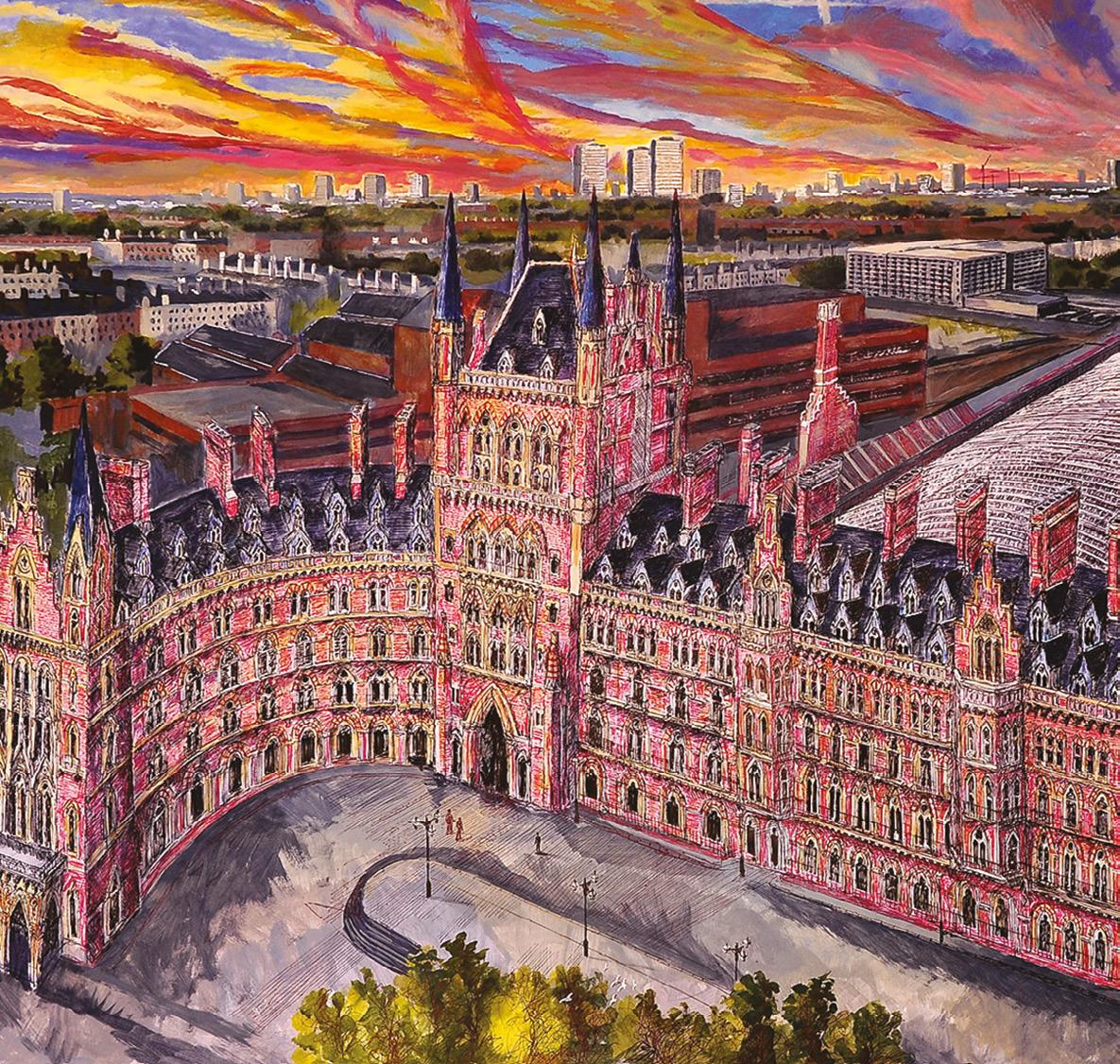
What advice would you give to other autistic people who want to become professional artists?
Just do it – follow your dream. Believe in yourself and make sure you’ve also got a lot of support around you.
What changes would you like to see to make society work better for autistic people?
It’s not just about accepting neurodiversity, it’s about embracing it. It’s about how people like us can make a difference. For example, I’m thinking a lot about the political situation, Northern Ireland, the war in Ukraine and the UK’s relationship with the EU. Neurodiverse people need to be more involved in not just the arts, but in politics as well. We tend to be very focused and can get criticised for being too obsessive about things. Well, people like us could make a difference. Not me specifically, but people like me could really help break things down and understand them.

18 Your Autism
Real stories
David’s painting of St Pancras Renaissance Hotel in London
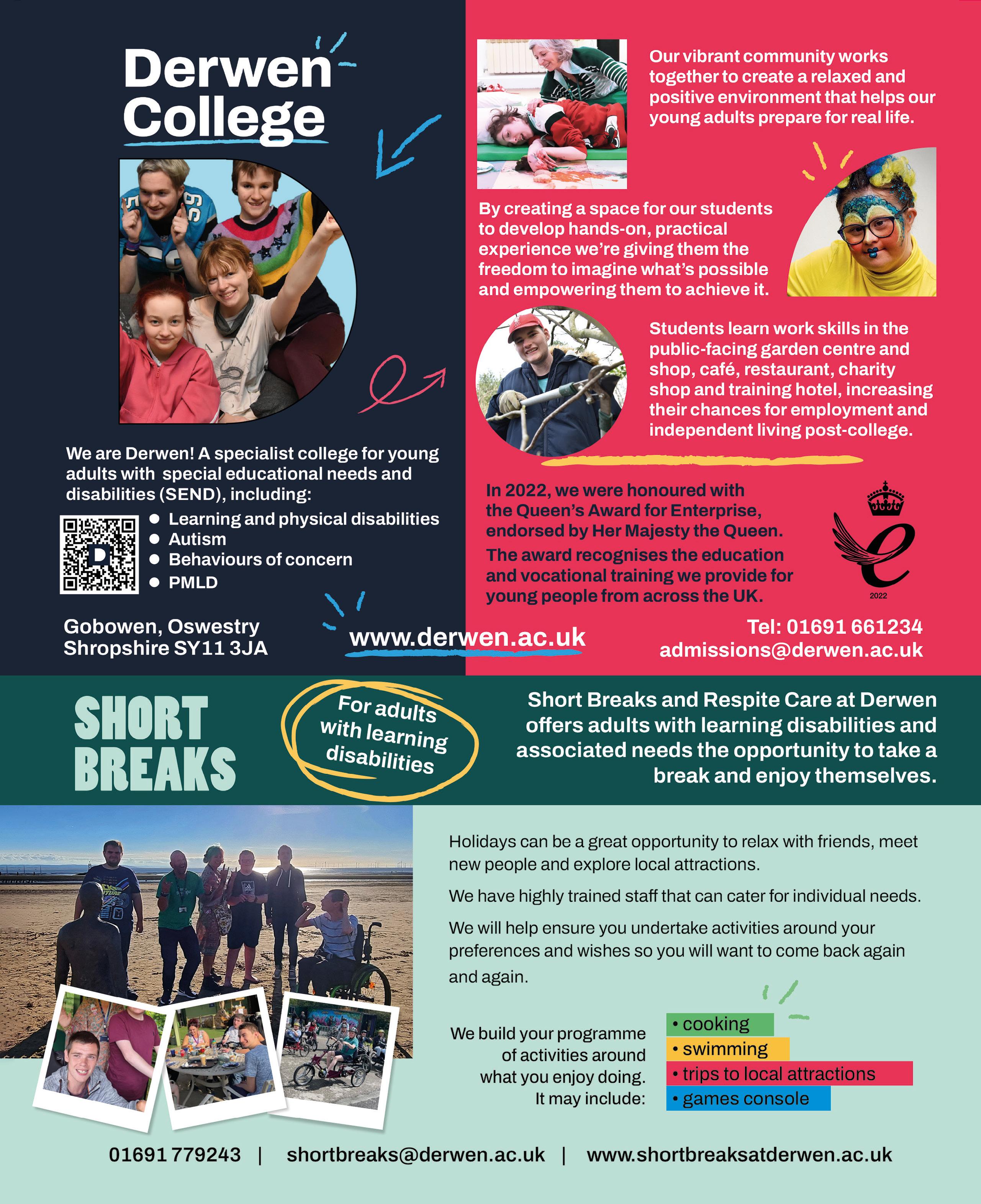
Autism-friendly holidays
Holiday companies are providing much more for their autistic guests these days. We look at what’s on offer in the UK
A quick internet search for autismfriendly holidays brings up seven million results. We are delighted to see that more holiday companies are now catering for the 700,000 autistic people and their families in the UK.
Hoe Grange Holidays, which offers log cabins in the Peak District, was recently awarded our charity’s Autism Friendly Award. Owners David and Felicity Brown said: “We understand autistic guests may find new places and experiences
challenging. We help families to familiarise themselves with our cabins and reduce anxiety by offering a pre-visit, a virtual tour of the cabins, and a sensory story on our website. Families can ask us to remove furniture or objects from their cabin ahead of their holiday. We introduce ourselves calmly when guests arrive, and notify them of any changes during their stay.”
Leafy Fields Glamping, in Devon, also offers a pre-arrival social story about their accommodation, and
allocates guests a day to use their sensory playroom. They also provide an information pack on accessible places to visit nearby.
Bosinver, a cottage resort in Cornwall, recently worked with Access Cornwall, which supports businesses to become more accessible. Manager Paul Smith said: “At Bosinver, if children want to pre-book a time to have a pony ride, rather than wait with the other kids, that can be done. Kids can join the main animal feeding sessions, or ask to be taken around separately if that helps them enjoy it more. It is small, helpful things such as this that can take a lot of pressure off families with neurodiverse children.”

The benefit of experience
It’s notable how many holiday companies offering an autismfriendly experience have been set up by neurodiverse families. Richard and Jan Crean opened The Thomas Centre, in Lincolnshire, in 2006, based on their experiences. They said: “A family holiday should be something to look forward to, rather than something to dread. We found ourselves taking holidays in more remote locations, just to avoid the inevitable stresses and strains of mainstream locations. No doubt
Travel 20 Your Autism
some of this stress may have been self-induced – after all, it is very easy to become paranoid about any child’s behaviour in public, let alone a child with special needs and unpredictable outbursts. Against this backdrop, we started our ‘Grand Designs’ project – a luxury holiday park for families just like ours, where we discuss the needs of your family with you before you book.
“The Thomas Centre is a place where there is at least some level of personal awareness and experience of the concerns you may have. This way we do our best to make sure that this is a holiday destination that you can look forward to.” The holiday park provides breaks for families, care providers, and special needs schools and groups.
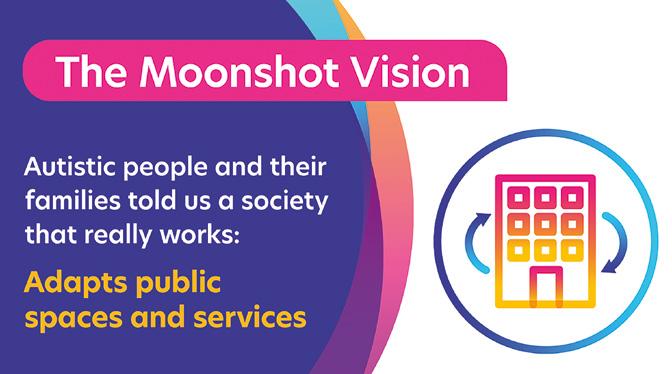
Another provider is Spectrum Holidays, founded by Sophia and Malcolm Ainsworth in 2019 following their experiences trying to find suitable holidays for their autistic son, Luca. All holiday homes listed on their website offer their Spectrum Pack of sensory toys and resources, and have been visited to ensure suitability for a family with an autistic child. In March 2023, recognising that many parents are unpaid carers for their autistic children, they turned their company into a charity. They now aim to provide subsidised holiday accommodation for eligible families with autistic children in the next 12-15 months.
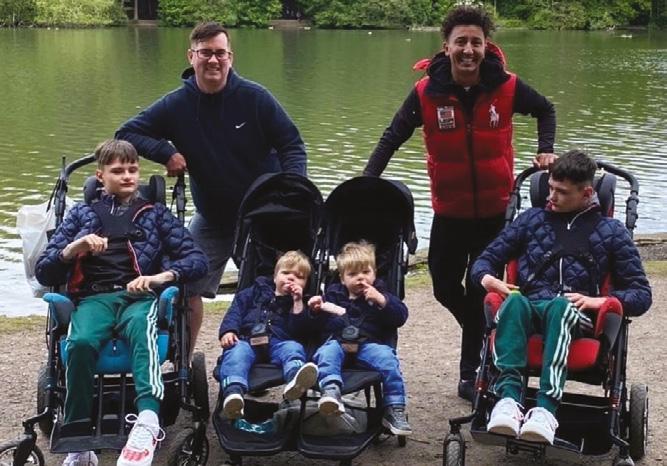

Happy holidays
I could see our son wasn’t ready to come home, which has never happened before!”
Amanda blogs at parentingachildwithasd. blogspot.com
Amanda’s family
“We have tried all sorts of holidays with our son, but either there has been a safety issue, it was too loud, busy or stressful, or there weren’t suitable activities for him.
A while ago, I discovered The Thomas Centre. Jan and Richard are truly marvellous hosts. They are very welcoming and very much ‘get it’, being parents to an autistic child themselves.
My son enjoyed visiting Josie’s Corner, a community room with squishy sofas, toys, games, and tables for drawing and crafts. There’s also a sunken trampoline, bikes, trikes, and a huge barn with skittles and a soft-play area. The Thomas Centre is very flat, so I was able to see our son at all times.
I loved how we used the indoor pool privately.
Families book their slot for the pool, which means they have exclusive use of it for that hour.
Paul, Michael, Levi and Lucas
“We had a great experience with the Alton Towers hotels. From fast passes for queues to accessible rooms and changing facilities, they gave us lots of visuals, and support and understanding. Also, some festivals we have stayed at, such as the Gloworm and Gone Wild festivals, had quick queues for children who cannot manage, and accessible toileting facilities. They had a lot of information on their websites beforehand to make the day easier, and even gave us free loan of ear defenders.”
Find details of the autism-friendly holiday companies featured in this article, and many others, on our Autism Services Directory, autism.org.uk/directory
Read our holiday advice at autism.org.uk/holidays
Summer 2023 21 Travel
Just the job
John Clark’s latest short film, Snapshot, focuses on the difficulties of job interviews. He explains how it’s based on his experiences
What’s Snapshot all about and why did you want to make it?
Snapshot is a 15-minute psychological drama that tells the story of Ian Grift. He’s an aspiring autistic photographer in his early 20s, who holds a painful memory that exacerbates his present unemployment struggles following the loss of his support worker, Janet. It presents Ian’s struggles through his eyes, showing his difficulties during job interviews as well as when negotiating public transport.
I wanted to create a film that challenged the perpetuated stigmas and stereotypes of autism, and use my lived experiences of intrusive thoughts, sensory overloads and dealing with people who do not (or pretend to) understand autism. I wanted to give insight into what really could be happening on the inside that others cannot see, while negotiating the day-to-day tasks that others would complete without a second thought.
Can you tell us more about your experiences of interviews?
Since graduating from university, I have struggled to obtain or sustain any sort of employment. Though autism awareness has grown, some interviewers and those in the workplace seem to still chide or rely on lip service. Because my writing skills often trump
22 Your Autism
my verbal communication skills, the uninformed who interview me are baffled, and often presume someone else wrote my CV or covering letter. There’s been raised eyebrows at my seemingly curt manner.
Tell us about Josh Ward, who plays Ian and gives a very powerful performance. Josh Ward is an incredibly talented autistic actor. He was one of 13 autistic actors who auditioned for the role of Ian, and because this was during lockdown, the auditions were conducted on Zoom. He turned up suited and booted! Though it was a close call, I had to choose him, and he was such a pleasure to work with on set. He channelled a lot of his own lived experiences of unemployment struggles, which helped bring the character of Ian to life. I really hope Snapshot acts as a springboard for further work for him, as his performance was mesmerising, perfectly capturing those moments of despair and joy as an autistic person negotiating people and the world around us.

Film
Snapshot is based on John’s experiences
The film’s style is highly immersive; I could feel what Ian was feeling. How did the team achieve that?
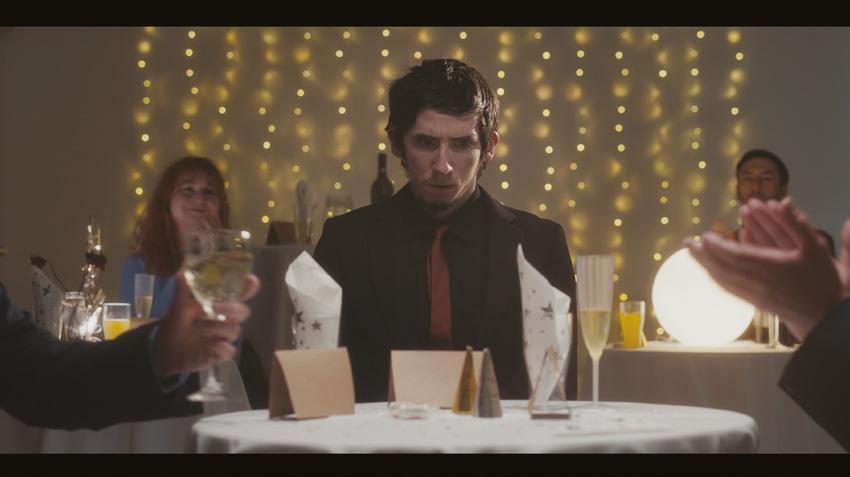

It wasn’t easy writing down my lived experiences, but it was easier to show. I used sequences I’d constructed from my previous short documentary films as the framework for those heightened emotions during Snapshot (rapid cuts for anxiety attacks, for example), as well as films such as Jacob’s Ladder and Pi for reference. The script started as one disastrous job interview, and was reworked into a short. What came, as production moved along, was the primary use of close-ups, and maintaining focus on Ian as a way of the audience being placed in his shoes at all times. Colour was also very important. The coldness of an office environment, contrasting the warm reprieve of his photography aspirations. Point-of-view shots, too, with the additional marriage of a bespoke, mooddriven soundtrack and reverberating sounds, endlessly cycling within Ian’s mind until breaking point. We’re a small team, so it was very easy to workshop ideas on how we wanted Snapshot to look and sound – which led to those immersive feelings that resonate throughout, so you feel as if you are going on the same journey as Ian does.
What’s the main message of the film?
Perseverance under adversity, never letting your dreams fade, and how genuine compassion, empathy and the right helping hand will help someone fulfil their potential in life. By telling this semi-autobiographical story, I feel that those who endure similar can resonate and see there is hope. If those unaware and uninformed see stories such as Snapshot, they gain insight into the care and respect we’d need to grow and thrive with what we have to offer and contribute.
How have people reacted to it?
There’s been nothing but praise from the screenings. Firm applause, and people in tears coming to congratulate me. Some seeing it as a vital educational tool for those who know autistic people, and autistic people
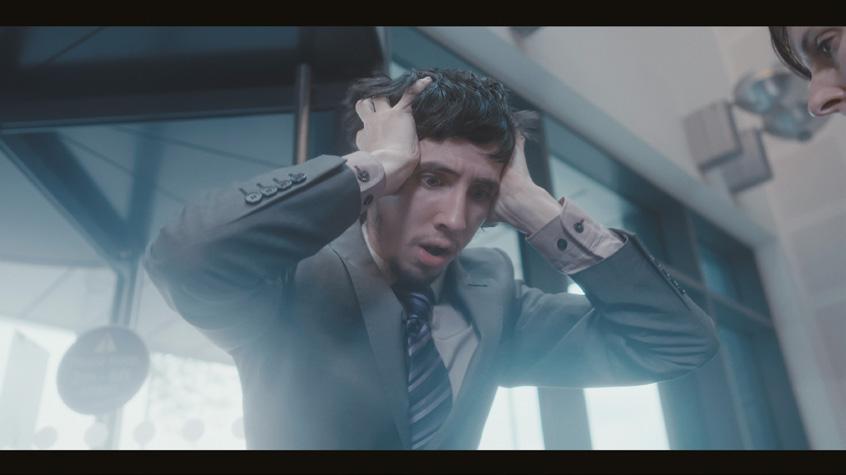

Summer 2023 23 Film
Josh Ward plays Ian Grift in the film
By telling this story, I feel those who endure similar can resonate and see there is hope
themselves remarking: “That’s what it’s like for me”. Josh’s performance has received substantial praise. Snapshot has been selected to play at four film festivals, winning Best International Short Film at its first at Wigan & Leigh in September 2022. I was lost for words at the acceptance speech!
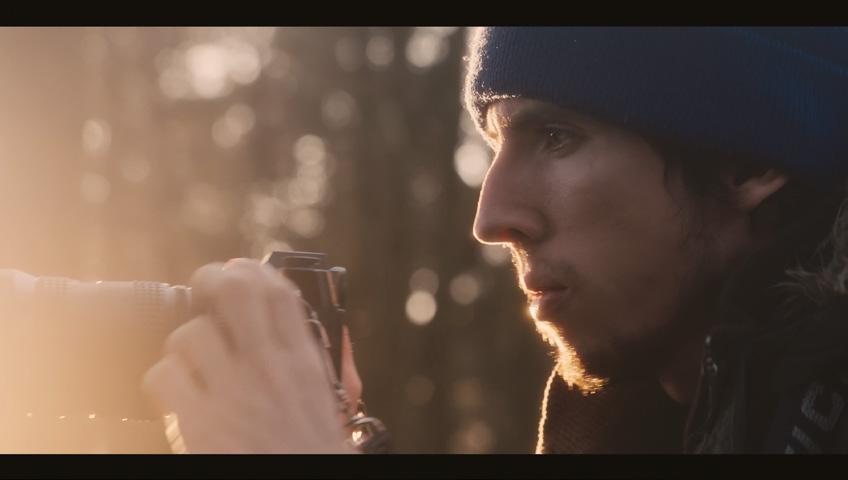
Job interviews are such a challenge for some autistic people. What changes would you like to see?
To take time to better understand the autistic person’s needs. The chance to give a clear representation of yourself in a comfortable environment. Assess us meritoriously, but treat us with as much respect as you’d treat anyone else. We’re all human; some of us are just wired differently. We’re not being rude or disinterested, and would prefer not to be patronised or given empty promises. We take it all in, despite not appearing to.
What other films or TV capture the experience of being autistic?
The A word, in particular, coming from a large family myself, and seeing how the one
diagnosis has a ripple effect on everyone else. Inside our autistic minds is poignant. There’s also a fantastic short film I recently watched called Pennywort, which beautifully captures how one autistic woman feels lost for words in a seemingly fast-paced group conversation.

What’s your advice to other autistic people who want to get into film?
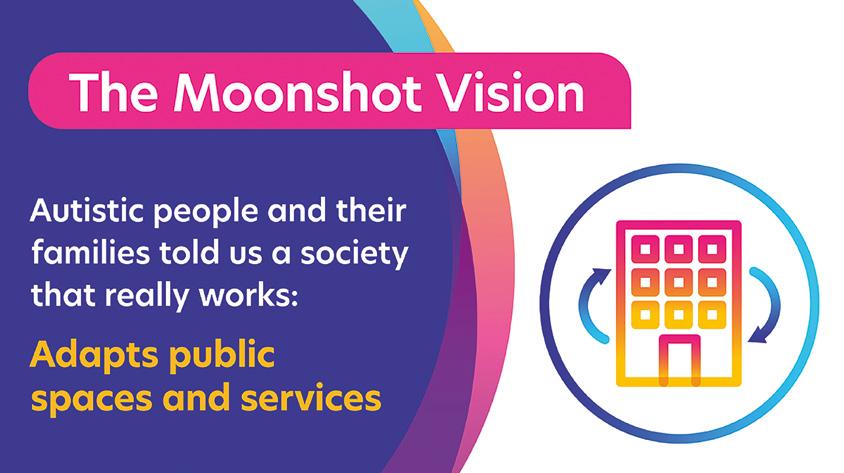
Create stories that interest you in any way, shape or form. At least someone will enjoy the creativity you have to offer, if not just for the fun of it. In terms of entering the industry, websites such as ScreenSkills offer a plethora of advice and resources. The film industry is now more open than ever to discovering the tons of neurodiverse talent once hidden. Snapshot was made possible thanks to funding through BFI Network and Film Hub North. Find a way to network with like-minded creatives, and showcase whatever skills or work you have. Persevere, as the one ‘yes’ will beat the thousands of ‘no’s’. Absorb as you create. I genuinely never thought I’d be granted this opportunity, and I am continuously thankful for it, hoping to progress further, open to collaborations along the way.
Check out the Twitter page @ASnapshotShort for festival screenings near you and further updates.
24 Your Autism
See the trailer for Snapshot at: bit.ly/ Snapshot-trailer
Film
Ian finds respite in photography
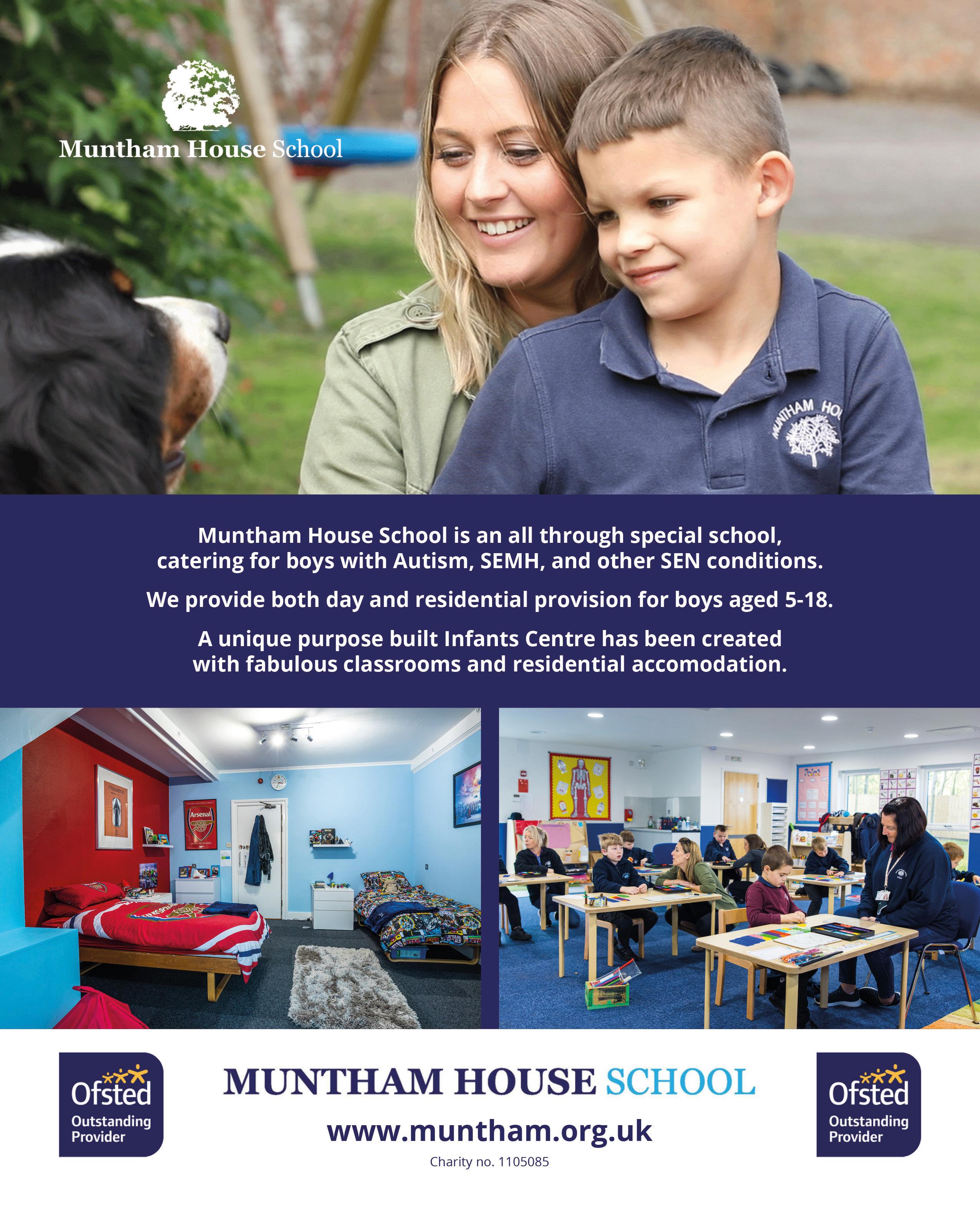
Readers to the rescue!
Do you have an issue our readers can help with? Get in touch and benefit from the experience of your fellow members
QIf you have applied for deputyship from the Court of Protection, what are the pros and cons of applying yourself or using a solicitor? Also, has anyone got advice on applying successfully for welfare deputyship, which is said to be much more difficult to get? Your Autism magazine reader

For extensive information and guidance about autism, visit our website: autism.org.uk
AOur younger son Alex is 38 and has been in supported living since leaving school nearly 20 years ago. Over the years, we have had various issues with health professionals: over-prescription of drugs and refusal to acknowledge our input to Alex’s health needs by his GP practice. So, when we read in Your Autism that the Court of Protection (CoP) had started to issue Health and Welfare (H&W) Deputyships in restricted cases, we decided to have a go. Having looked at the evidential requirements and the supporting forms, we decided to use a solicitor – a decision we have never regretted.
In January 2021, we started by drafting the CoP Witness Statement: a complex document with footnotes and supporting references for every statement we made. The solicitor advised us to tone down our first draft a bit, as it seemed to be a series of accusations levelled at various agencies.
The other key document was Alex’s Adult Care and Support Plan. This had to be watertight: every statement about the risks Alex’s autism posed to him was examined to make sure there were no weaknesses in making the case for his inability to make decisions. We also had to make the case for Alex’s level of learning disability to be upgraded to Moderate F71 from a previous, unexplained, downgrading. Finally, we had to ensure the care providers’ staff assessments, which were
always superficial and overly positive, were replaced by realistic ones.
Over the past few years, we have been extremely fortunate to have two outstanding social workers looking after Alex’s case, who believe his needs are the most important factor in their decisions concerning him. We were also supported by an outstanding consultant psychiatrist in intellectual disabilities. Be aware that the Adult Care and Support Plan is the ‘recent assessment of disability’ by a professional that the CoP needs, and that NHS staff will not provide such assessments.
Getting all the different forms completed correctly was made much easier by the use of a solicitor and none were returned by the CoP for correction. On 22 February 2022, we found out our application had been successful, the order having been made on 7 December 2021, about six months after submission. We were able to use our new powers almost immediately to arrange for Alex to
Post your problems or answers on Facebook at the National Autistic Society members’ group or email YourAutismMag@nas.org.uk
26 Your Autism
have a dental extraction under general anaesthetic at a private hospital. The first question I was asked was:
“Do you have a CoP Deputyship?”
One of the great benefits of having a H&W Deputyship is that you have to submit an annual report – not difficult if you have kept a detailed diary, which we have done for many years. We have had problems with Alex becoming overweight because of poor dietary control by his care provider, whose staff were not following NHS dietary advice for him. By including this in the first report – which we copied to the social worker, psychiatrist, GP and care provider – we made it an issue of concern with the Office of the Public Guardian (OPG), which oversees all deputyships. Its interest in how this progressed was stated in its reply to the report, which we again copied to all concerned. This has concentrated the care providers’ attention on sorting out the problem.
The OPG is very supportive, and provides information on how to apply to have its fees waived.
Getting a CoP H&W Deputyship has proved invaluable in ensuring Alex has the right care. It is another weapon in your arsenal, and a powerful one. The key steps are:

● Use a solicitor.
● Be certain of your facts and support them with evidence wherever possible.
● Make sure the Care and Support Plan is watertight –especially in the definitions of difficulty and risk – and that Witness Statements don’t contain contradictions.
● Be utterly ‘hard-nosed’ − but we all know that anyway!
Christopher and Caroline
Thank you for your great advice. You win a copy of The #ActuallyAutistic Guide to Advocacy: Step-by-step advice on how to ally and speak up with autistic people and the autism community, by Jenna Gensic and Jennifer Brunton.
shutterstock.com/ fzikes
Summer 2023 27
Advice
AI applied for H&W Deputyship a few years ago, for my daughter, who is now 29, non-verbal, has autism, specific learning disability (SLD), epilepsy and very challenging behaviour. I used a solicitor because I felt daunted by the number and complexity of the forms. I’m very glad I did, as the CoP initially refused deputyship and we had to go to appeal – successfully. The whole process, including the appeal, took about 12 months.
I then applied, successfully, for the financial deputyship without the help of a solicitor – the financial one is much easier to get and somewhat simpler to apply for.

When I had to appeal, the best two pieces of advice I was given (mainly from medical and teaching staff working closely with my daughter at her school) were: get as many letters of support as you can from a variety of professionals, to back up your evidence about your child’s level of understanding and mental
Help me next!
I am mum to a wonderful four-year-old autistic child who is almost non-verbal, but very ‘techy’. I would love to teach him to type on a keyboard when he starts reception in September. Can anyone recommend a keyboard to use, or a course/book on how to help him learn to type? Gilda
capacity (or lack of); and be as specific as possible with your evidence.
For example, rather than say “he/she cannot make any major decisions or choices for themselves”, I gave examples – such as, “she can decide between two types of drink when these are shown to her, by pointing, but lacks the capacity to make more abstract decisions”.
The main point of a H&W Deputyship is that it allows you to make many decisions on behalf of the person. To protect the best interests of the person concerned, the CoP must be convinced that he/she is incapable of making these decisions for themselves.
I have found both deputyships invaluable in helping me to get the best care that I can for my daughter, who is in residential care. The H&W is especially useful, as it means you have to be involved in decision-making for your child, whether that’s care or medical.
I hope that helps.
Sarah
28 Your Autism
us your solutions for a chance to win a copy of Success with sensory supports:
ultimate guide to using sensory diets, movement breaks, and sensory circuits at school, by Kim Griffin.
Send
The
By writing to us with either a problem or an answer, you give consent for your letter to be published. We reserve the right to edit submissions. Your Autism
Advice shutterstock.com/ fzikes










The National Autistic Society is a charity registered in England and Wales (269425) and in Scotland (SC039427) Play today for your chance to win up to £25,000 each week. Each entry is just £1 Join now and help change the lives of over 700,000 autistic people and their families across the UK. Join online now: autism.org/lottery Or call our lottery hotline: 0870 055 2291 The National Autistic Society is a charity registered in England and Wales (269425) and in Scotland (SC039427) Donating in memory of a loved one is an incredible way to remember them. To set up an online Tribute Fund, please visit To request donation envelopes to put on seats, leave on a table, or include in the order of service: in.memory@nas.org.uk autism.org.uk/get-involved/donate/give-in-memory 0808 800 1050 Your gift and generosity will help make a difference to the lives of autistic people and their families across the UK.
New groups for autistic adults in Wales
Sarah Morgan, our charity’s Branch Engagement Manager, writes about a project to set up social groups in Wales, run by and for autistic adults
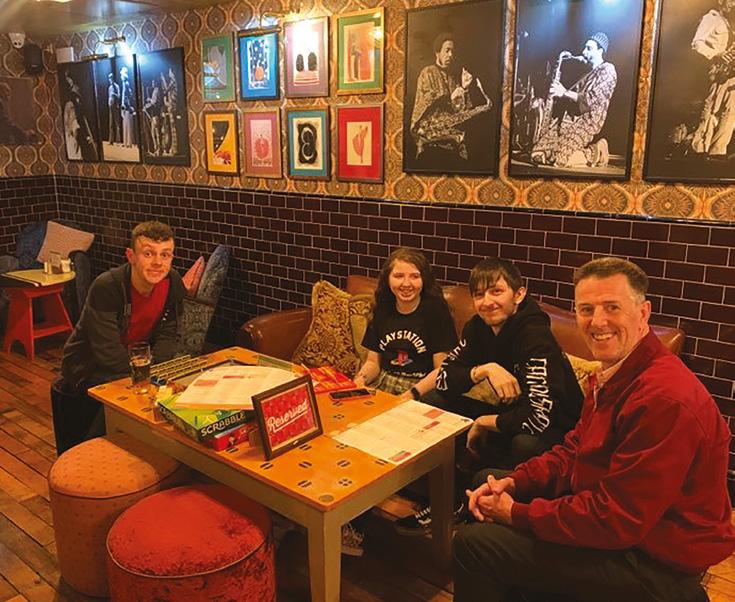
Over the past three years, our charity has been working on The Autistic Social Network project, funded by the Welsh Government. It aims to increase the number of peer support and social groups available to autistic adults across Wales, to reduce feelings of isolation and improve wellbeing.

This is a project with co-production at its heart. Consultation with autistic people has been built in, and the groups are led and delivered by autistic people.
The story so far
We have been working with our branches to set up peer support groups for autistic adults and are now at the stage to involve local community groups.
Those setting up groups can use our interactive toolkit. It aims to help at every step of the way, from the initial idea of starting a group to putting the group into practice and then maintaining it.
The groups that have already formed have been very successful and are starting to plan their own
pathways. A new video, created by group members, really highlights the need for the peer support project and the value it provides.
The impact
We currently have five established groups, reaching more than 200 autistic adults aged 19 to 72. The groups have a strong inclusivity and diversity ethos, and offer a welcoming environment for LGBTQ+ members and those from black, Asian and minority ethnic backgrounds.
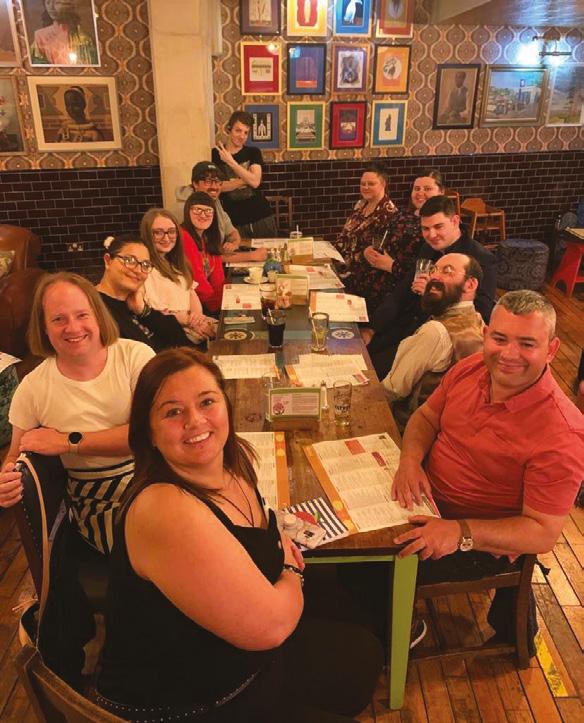

Regular attendees say their wellbeing has improved significantly. Going to a group enables them to discuss and share their experiences on autism with peers, which they have found invaluable. Crucially, group members do not consider travel to be a barrier. They are willing to challenge themselves by accessing new surroundings, and are building resilience and growing in confidence. Several members who did not know each other before have established strong friendships, and will act as mentors for new members.
Want to join or start a group? Look out for the toolkit, video and more information at autism.org.uk
30 Your Autism Socialising
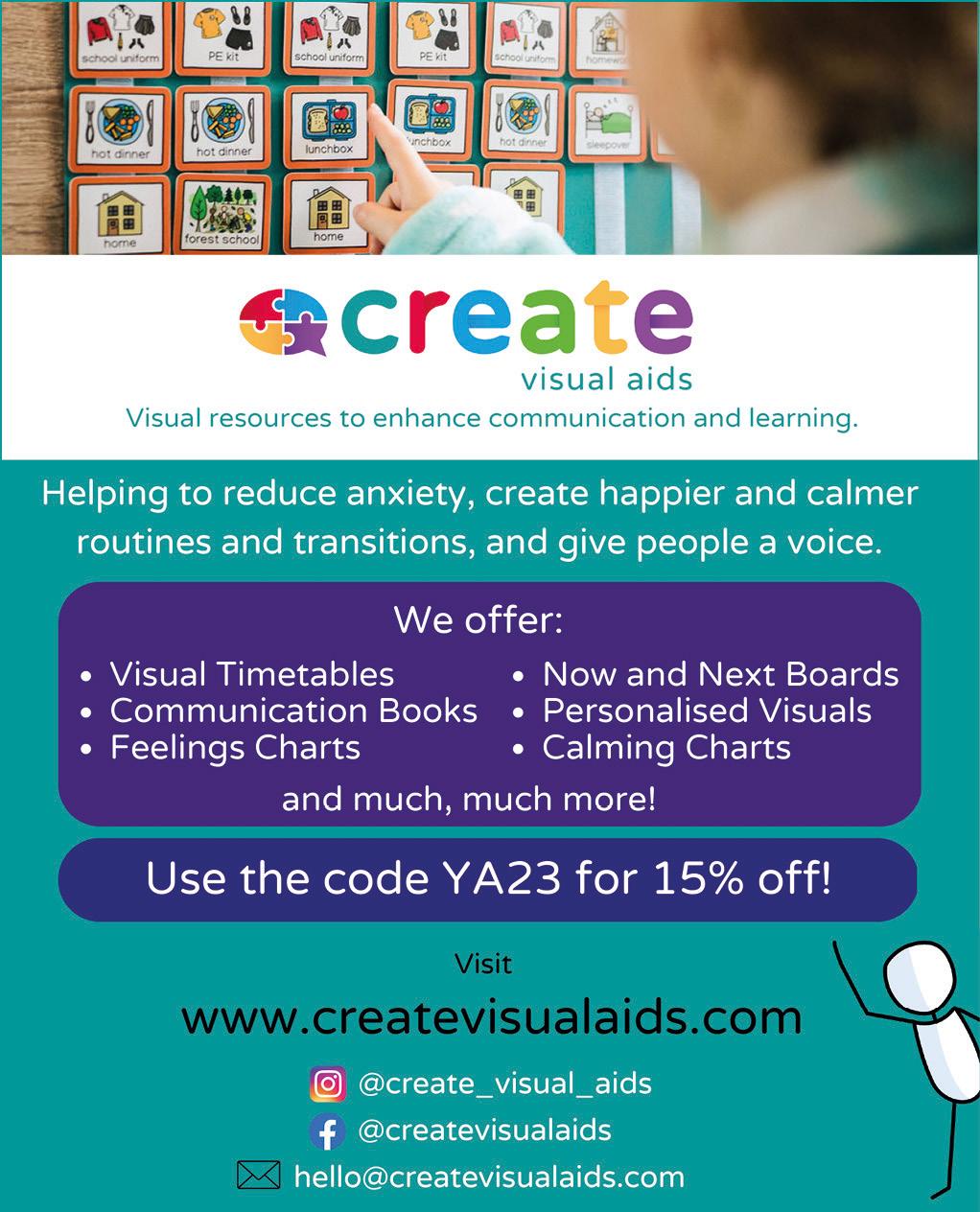
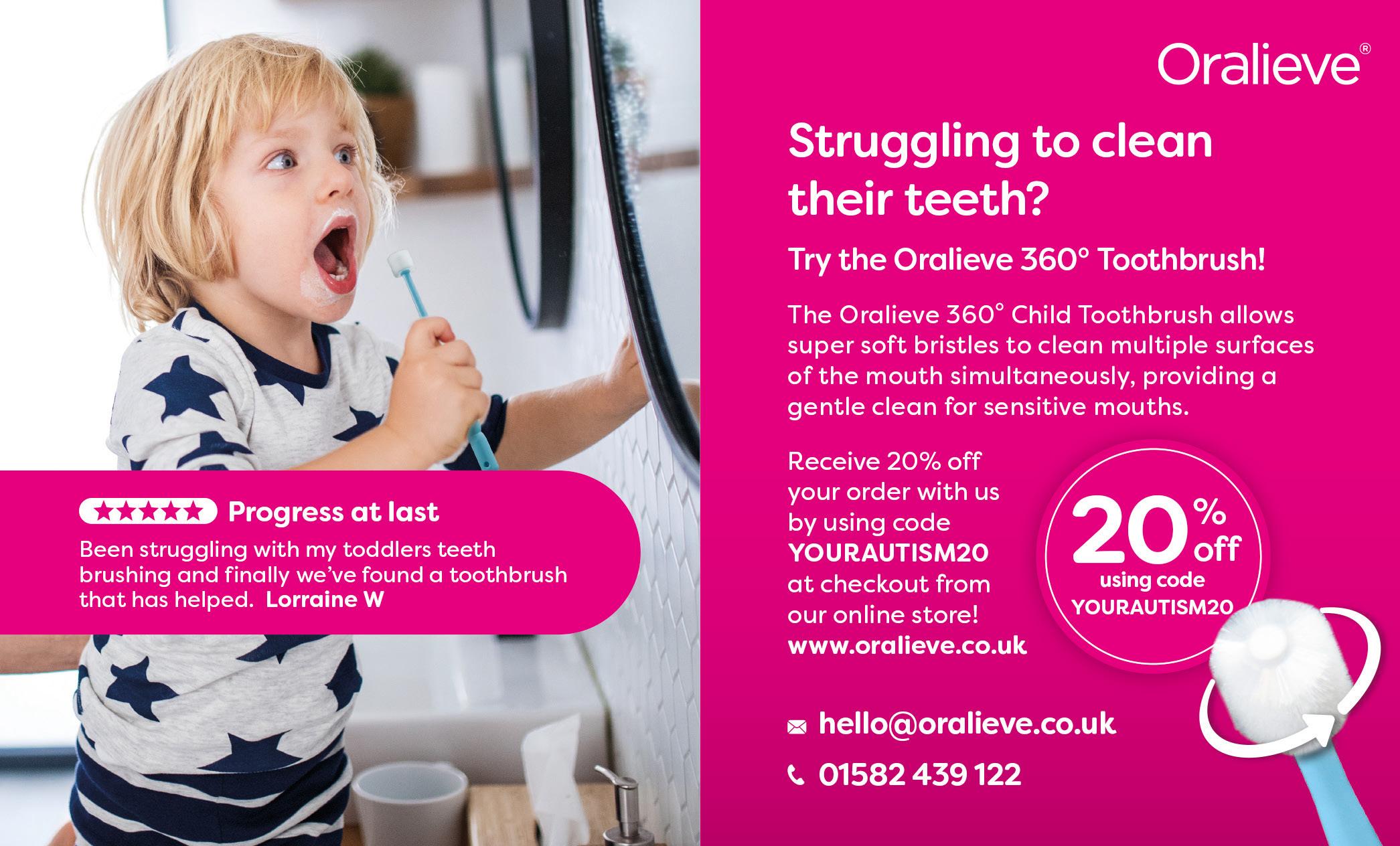
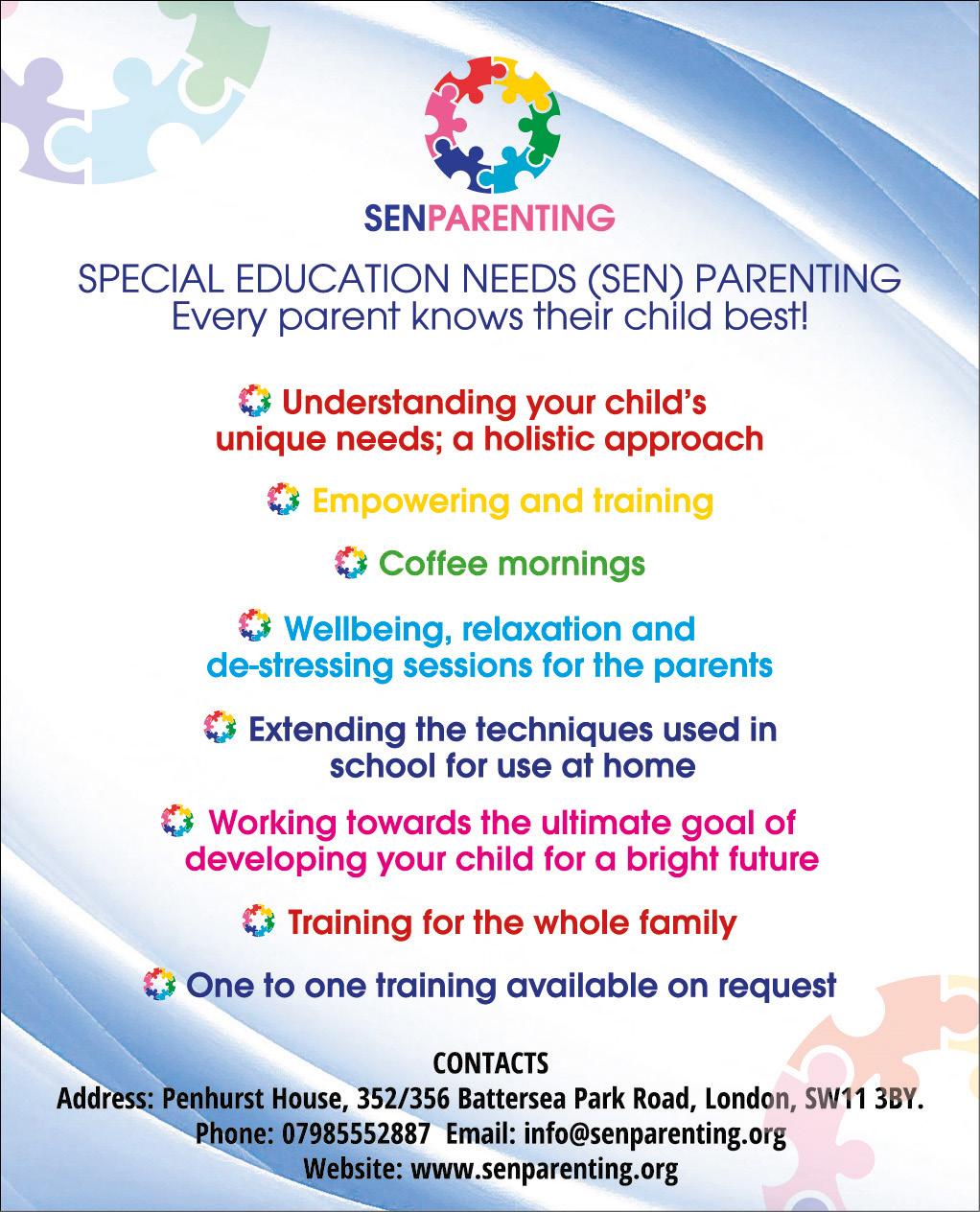
Spring 2021 31
Bereavement and your autistic child
Alison Footitt, our charity’s Highland Information Officer, explains how to help an autistic child with bereavement
Dealing with change can be very hard for an autistic child, and dealing with the profound change of bereavement can be incredibly challenging, especially when all the family may be impacted by the loss. Here are a few ideas that might help your family or the child you are supporting:

1. Use concrete terms, not “passed away”, “asleep” or “gone to a better place”. Whatever your beliefs, use factual terms such as “died”.
2. Use visuals to help the child. Seeing a plant or flower that has died can show that something that was once alive has died and will not come back to life.
32 Your Autism Advice
shutterstock.cocm/ fzikes
3. Use social stories. A good social story is written for that child and that situation. It can help with many scenarios, such as visiting an ill person in hospital. Engage with your child’s school or support network for this, or write your own social story – there is advice on the Pines website (see below).
4. If the death is expected – for example, a very ill grandparent –help the child prepare for it. If you are visiting someone ill in hospital, explain what they will look like: for example, in bed surrounded by medical equipment.
5. Remember, your child’s reactions may not be typical to grief; they may not cry or appear to show emotion. They may be very angry or show no reaction at all for several months while they process the information. This might be hard for wider family members to see, but it does not mean your child does not care; emotions can be very hard to process.
6. Help to communicate emotions. You could use a visual sliding scale for each member of the family to check-in and show how they are feeling, or a simple silicon wristband for the child that they can flip from green to red when a break is needed.
7. Keep up routines if you can – for example, consistent bedtimes and mealtimes. When the time is right, a return to a regular school pattern may be beneficial.
8. Be prepared to answer difficult questions about death and what has happened.
9. Give your child time to enjoy what they love. Spending time with whatever they are passionate about will be good for their wellbeing.
10. Be strong in the certainty you know what is best for your child. If they want to wear comfy joggers to a funeral, this is fine. As long as you are accepting, you do not have to justify your choices to anyone.
11. The decision about whether a child should attend a funeral service is yours. You know them best, and while some children may benefit from being at a ceremony to say goodbye, others will not. If the child is attending, prepare them for what will happen, such as seeing a coffin, and that many people may be upset. Find photos of the venue or crematorium and visit ahead of the service if you can.
12. Think of your child’s sensory needs. Would they benefit from ear defenders or a comfort teddy?
13. Take food and snacks with you that you know your child will eat.
14. If there will be lots of people there who do not know your child, be prepared. You could carry our charity's 'My child is autistic' card.
15. Investigate local and national bereavement services. Keep your child’s school informed and ask for additional support and understanding.
16. Make a memory box and include sensory items, such as a hanky sprayed with a favourite perfume.
17. Look after yourself. Dealing with your own grief, as well as supporting your child, may be very difficult. You need care, too.
The Pines website has been created by the National Autistic Society and other autism professionals in Highland, and is available for use throughout the UK. It includes videos and advice on many autism-related topics, including bereavement, social stories and distressed behaviour.
Pines website – www.thepineshighland.com
Pines YouTube – www.youtube.com/@thepineshighland/videos
Spring 2021 33 Advice Summer 2023
Remember, your child's reactions may not be typical to grief; they may not cry or appear to show emotion

34 Your Autism Advice shutterstock.com/
Monkey Business Images
Transition from special school
Christina Curran and Suzanne Macleod, of our Transition Support Service, explain how to plan for your child’s future when they leave special school
Moving into adulthood for autistic young people often involves considering options and making decisions about where they will live and where they can access the right support after leaving school. This is particularly important for autistic young people with high support needs. Getting the right support for autistic individuals to enjoy varied experiences through all stages of life is a key aspiration of our charity’s Vision to Reality strategy 2023-26. This article takes a four nations approach to considering key steps in the transition to adulthood, offering tips for parents, carers and autistic young people when thinking about leaving a special school.
Planning for transition
There is a requirement that transition planning for autistic young adults starts early, before they leave school. It should take a personcentred approach that can help identify a young person’s wishes for their future and put in place the right support to achieve their goals and aspirations. It should take a broad focus, including housing, leisure, further education, advocacy, friendships, special interests and
health. A detailed transition plan should work backwards from what the young person wants to do when they leave school, and act as a step-by-step guide in preparation for the transitions from adolescence to adulthood.
Transition planning will involve a range of professionals who provide support, including healthcare practitioners, social workers and educators. It is essential that parents, carers and family are involved, and, most importantly, that the young person is at the heart of the process, ensuring their views, wishes and aspirations are actively sought out and realised. How a young person communicates should not be a barrier to them contributing to their transition. Any planning should allow them to contribute in the way that is most meaningful to them.
Transition planning as a key part of the annual review process is required from age 14 for pupils with an education, health and care plan (EHCP) in England, individual development plan (IDP) in Wales, and statements of special educational needs (SEN) in Northern Ireland. Similarly, in
Scotland, the local authority must gather information that will help prepare an autistic student at least 12 months before leaving school. This includes identifying their future needs and potential options for their future provision.
Considering the young person’s needs
A key starting point in this process is a needs assessment for the young person. This is a key right for individuals within community care law. A needs assessment is undertaken by local councils in England and Wales, and by the Health and Social Care Trust in Northern Ireland. In Scotland, a child or adult support needs assessment for the young person, and a carers’ assessment for the parent or carer, is undertaken to identify their support needs and the types of services that could be best for the individual.
Needs assessments will consider independent living, as well as the capacity of carers to provide support as the young person grows into adulthood. Typically, this will be followed by multi-agency support from a range of professionals to
Spring 2021 35
Advice Summer 2023

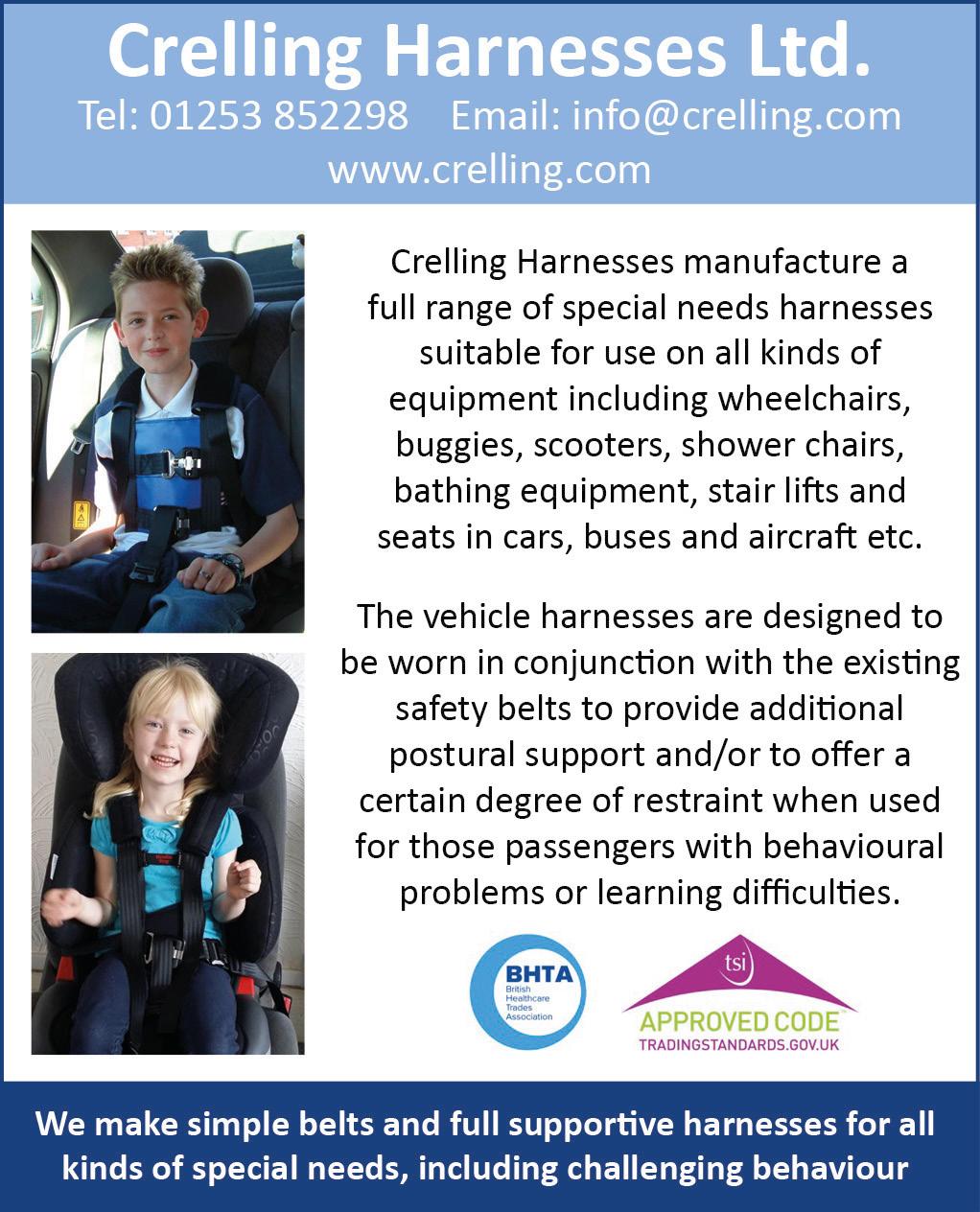

support decision-making and person-centred planning.
Choosing accommodation
For living arrangements, it is important to consider the options. Some young people may wish to live at home with parents, while others will seek residential care and supported living.

Residential care, also known as group home or shared housing, can be accommodation shared by as few as three people or as many as 20 adults. Residents can do their own shopping and cooking, with support from staff, and support may include personal care. There is usually 24-hour staffing. Such services are regulated and inspected by bodies in each nation. Inspections are carried out regularly and assess a number of factors, including building standards, staffing levels, staff training and experience, health and safety, and complaints.
Supported living is a setting in which help is provided with cooking, shopping or washing. These types of support may be shared with a number of other individuals.
Supported living settings seek to put the right structures in place so that young people can live with autonomy and independence. Getting support at home, also known as domiciliary care, supports autistic young people to continue to live at home with ongoing and personalised care. The support of a care worker can enable young people to live the life they choose with an individualised level of support. For example, support provided every day or a few times a week, or 24-hour support.
It is important to consider fully what residential settings or types of support are required based on the strengths, needs and best interests of the young person, not on what services are available in the local area. Information about services in your local area can be found in our Autism Services Directory at autism.org.uk/directory
Tips for parents, carers and young people
● A gradual approach will decrease the time spent in school, while increasing the time the young
person spends in the new setting at a pace to suit them.
● A multi-agency approach through liaison with relevant professionals can smooth the process and prevent problems arising.
● Visit accommodation options in advance. It’s a good idea for parents and carers to make a preliminary visit to assess the suitability for the young person. This can be followed by a visit with the young person, to ensure their participation in decision-making.
● When choosing a new provision, it is important to check what is included in the setting. This can include furniture and specialist equipment.
● Next steps can include meetings with the staff, as well as follow-up visits to ensure the young person becomes comfortable and familiar with their new setting.
● Use of social stories and visual supports can support communication throughout this time of change.
Wherever you live in the UK, transition to adulthood can be a difficult time and there is a range of support for young people, their parents and carers. For further advice and help with the transition to adulthood, you can read more at autism.org.uk/transitions. You can also contact our Transition Support Helpline at autism.org.uk/ transition-support-service

Summer 2023 37
Advice
shutterstock.com/ dotshock
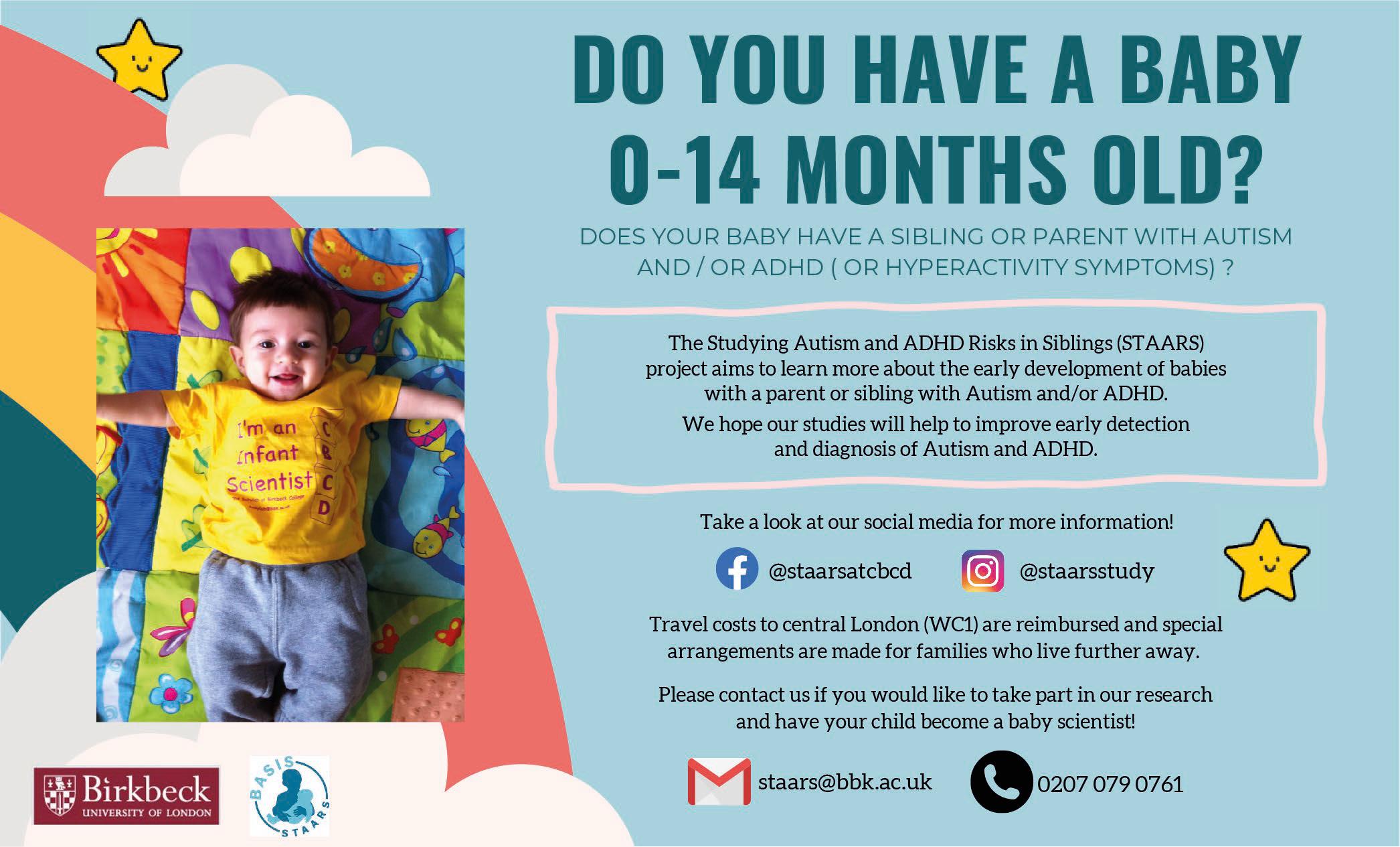
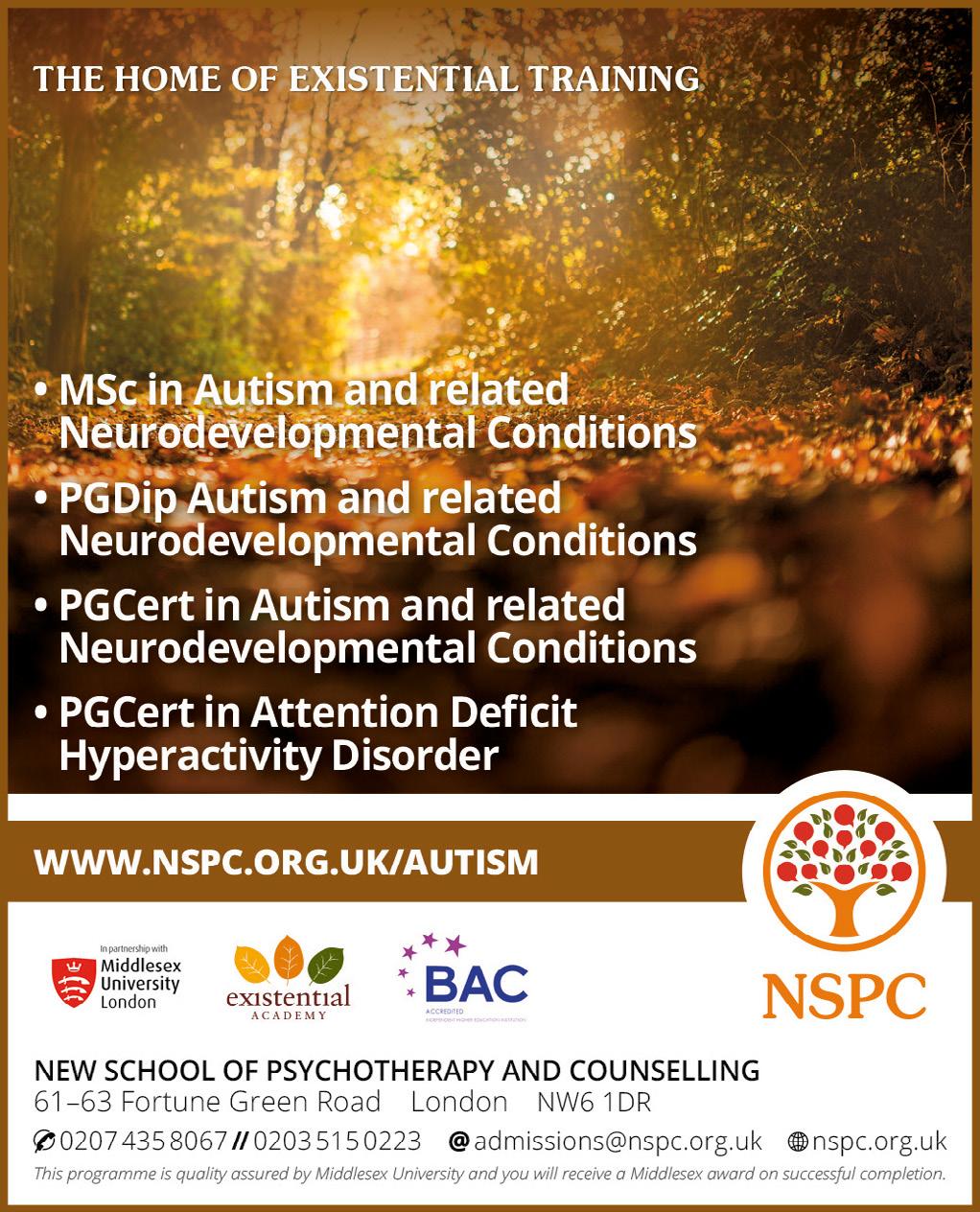

Notebook
Everything you need to read, do or see 1800 seconds on autism
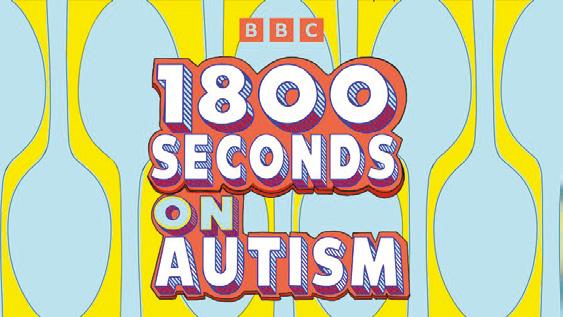
BBC Sounds
VERDICT: Six new episodes exploring autistic life
In this podcast dedicated to all things autism, hosts Robyn Steward and Jamie Knight discuss topics from an autistic point of view, along with any associated stereotypes. Though we get to hear the hosts’ personal stories, the rotating guests give different perspectives, so you could hear from a black autistic mum, or Chris Packham; it’s a variety of voices.
While the podcast is aimed at both neurodiverse and neurotypical people, taking time to explain traits such as stimming or echolalia, it’s more geared towards adults. Regardless, it offers a way for anyone to gain understanding.
Wesley Emmott, Your Autism magazine reader wesleyemmott.co.uk
Giveaway
We have two copies of Untypical: How the world isn’t built for autistic people and what we should all do about it, by Pete Wharmby, to give away to members. For your chance to win, please email your name and postal address to YourAutismMag@nas.org. uk by 10 August 2023, quoting ‘Untypical’ in the subject line. The winners will be announced in the next issue.
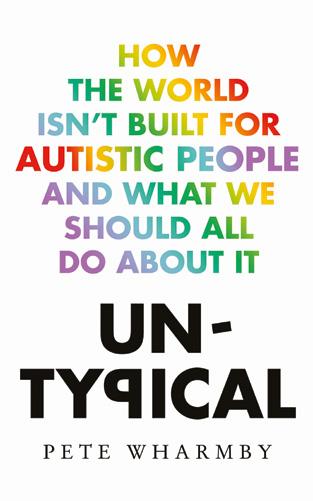
The winner of last edition’s giveaway for a copy of It takes a village: Navigating the journey of parenting your autistic child is Sally Ellis. The winners of The autism friendly cookbook are Nicholas Evans, Rachael Punnett and Toni Lysak
The winners of Avoiding anxiety in autistic adults: A guide for autistic wellbeing are Anna Kaczynski and Lillian Parr. Congratulations!
The pocket guide to neurodiversity

AUTHOR: Daniel Aherne
PUBLISHER: Jessica Kingsley Publishers
PRICE: £12.99
VERDICT: Clear introduction to neurodiversity
As Daniel Aherne points out, one in seven people is estimated to be neurodivergent in some way. So, wherever there are people, there is a need to understand neurodiversity.
This simple guide is a great introduction to the four most common neurodivergent identities of autism, ADHD, dyslexia and dyspraxia. Using an analogy of a cactus needing a desert in which to grow, Daniel emphasises throughout the importance of getting the environment right for neurodivergent people, rather than expecting them to adapt to the neurotypical world.
The simple tips and guidance for supporting the neurodivergent people around you, especially in the workplace, are really useful. However, the clear message is to communicate with people on an individual basis, to find out exactly what they need.
Daniel, who has ADHD, also explains how neurodivergent people often have great strengths alongside areas of difficulty, and writes about the overlaps between diagnoses.
Suzanne Westbury, Editor of Your Autism magazine
Summer 2023 39
BooSnoo!
VERDICT: A soothing, sensory delight for autistic children


BooSnoo! is a Sky Kids show, developed with the support of the National Autistic Society. The show is inspired by elements that engage children, with a particular focus on autistic children and those with learning difficulties.
Autistic children may find it difficult to follow the plot of fast-paced, dialogue-heavy TV shows. But BooSnoo! has no words, no human characters, and there is no complex plot to follow. The star of the show is a simple red ball, which travels through a series of fantastic landscapes and machines filled with music, art, space, water and more, captivating children’s interest from start to finish.
Julian Bashford, the show’s creator, has used his experiences of raising an autistic son to shape BooSnoo!’s content and structure. This is particularly evident in the show’s highly sensory nature: we see and
Online autism training
hear the red ball pop bubble wrap, crunch through autumn leaves, and softly chime against marble-run style pipework. The show is highly structured, with a repeated introduction, a consistent main character, and a final recap of the ball’s travels at the end of each episode. The ball’s journey is also heavily dependent on tracks and mechanics – a nod to some autistic children’s interest in trains.
BooSnoo! was originally designed for pre-school children, but can be enjoyed by children – and parents – of any age. It’s unsurprising that BooSnoo! has already received great feedback from autistic children of different ages, as well as children with ADHD and those with learning difficulties.
BooSnoo! is an incredibly rare show: one that is for autistic children, not about them. It is not a show designed to educate others about autism, but a show with autistic children and families at its heart. You can watch BooSnoo! on Sky Kids every day at 6pm. It’s also on Now TV, BT and Virgin Media. You can see the ‘Wheels’ episode on YouTube at bit.ly/BooSnoo
Sophie Brown, Copywriter, National Autistic Society
Notebook
• Understanding autism • Finding employment FREE module • Autism and sensory experience, and many more. Our online courses have been created to fit into busy schedules. They include: autism.org.uk/online-training Scan the QR code for all courses
The
National Autistic Society is a charity registered in England and Wales (269425) and in
Scotland (SC039427)
A kind of spark
VERDICT: Excellent TV adaptation, with autistic stars
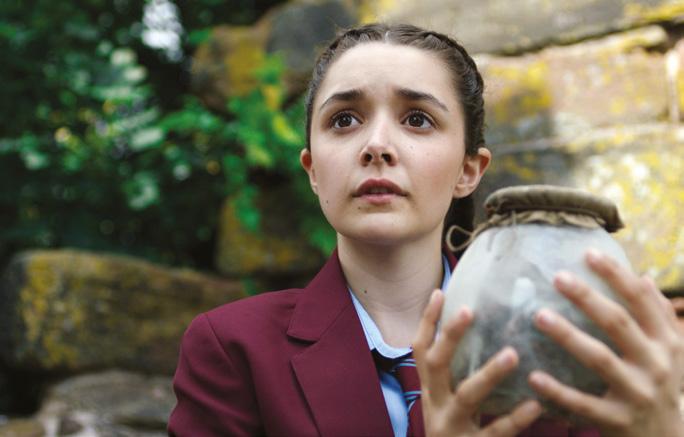
A kind of spark is a powerful series about friendship, courage and selfbelief, based on the award-winning book by autistic author Elle McNicoll. At school, Addie, who is autistic, learns about the witch trials that took place centuries ago. She is horrified to discover that three women from her town were executed for supposedly practising witchcraft and sets out to honour their memories. As the story unfolds, the novel
draws parallels between Addie’s story and that of the witches.
If the Harrow girls are not the most loving and supportive sisters in fiction, I don’t know who tops that list. I’m specifically referring to Keedie and Addie, the baby of the bunch. If the TV adaptation differs from the book in any way, the sisterhood between all three girls is enhanced –undoubtedly thanks to all three actresses being autistic, including the actress playing neurotypical twin Nina. Annabel Barker, Content Team Volunteer, National Autistic Society
Our six favourite… craft projects for summer
brain flow with creativity and making beautiful pictures at the end.”
2 Design your own planet
1Scrapbooking
Brogan, from our Arts and Crafts Online Branch, says: “I use scrapbooking to express thoughts in my mind. To feel creative. To do art in a more modern way, as I’m not very technical at drawing. I also use it to distract me if I’m anxious or in the middle of a meltdown. It’s a great way of calming you down… letting your

Draw a planet from our solar system, or make one out of elastic bands or wool – the options are endless!
(Recommended by our Arts and Crafts Online Branch: autism.org.uk/ nas-arts-and-crafts)
3 Make a natureinspired collage

With craft glue, a hole punch, scissors and a pencil to sketch ideas, combine fabric, recycled paper, string and cord
with dried leaves, pressed flowers and grass.
4 Recycle items into art
Combine pieces of old wallpaper, cardboard packaging and other bits lying around the home to make eye-catching designs for trees and skyscraper scenes.
5 Create a photo collage
Print a selection of photos onto thin card. You’ll
have favourite photos of a place, pets, flowers or special interest. Then create a 3D appearance by collaging certain areas.
6 Decorate a tree collage
Add paper and fabrics to tree photos. Create texture in the bark and highlight sections by adding shining threads for a magical appearance.

Items 3-6 were recommended by member James Owen Thomas, who leads art and craft workshops: jamesowenthomas.com
Do you have an idea for our six favourites section? Email us at: YourAutismMag@nas.org.uk
Summer 2023 41 Notebook
© BBC Pictures
I’m a… Skills for Life volunteer
Meet Claire Burke, a longstanding volunteer at the National Autistic Society Northern Ireland. Claire tells us what inspired her to help produce our Skills for Life programme, and how she has used her experiences of growing up autistic to support autistic young people
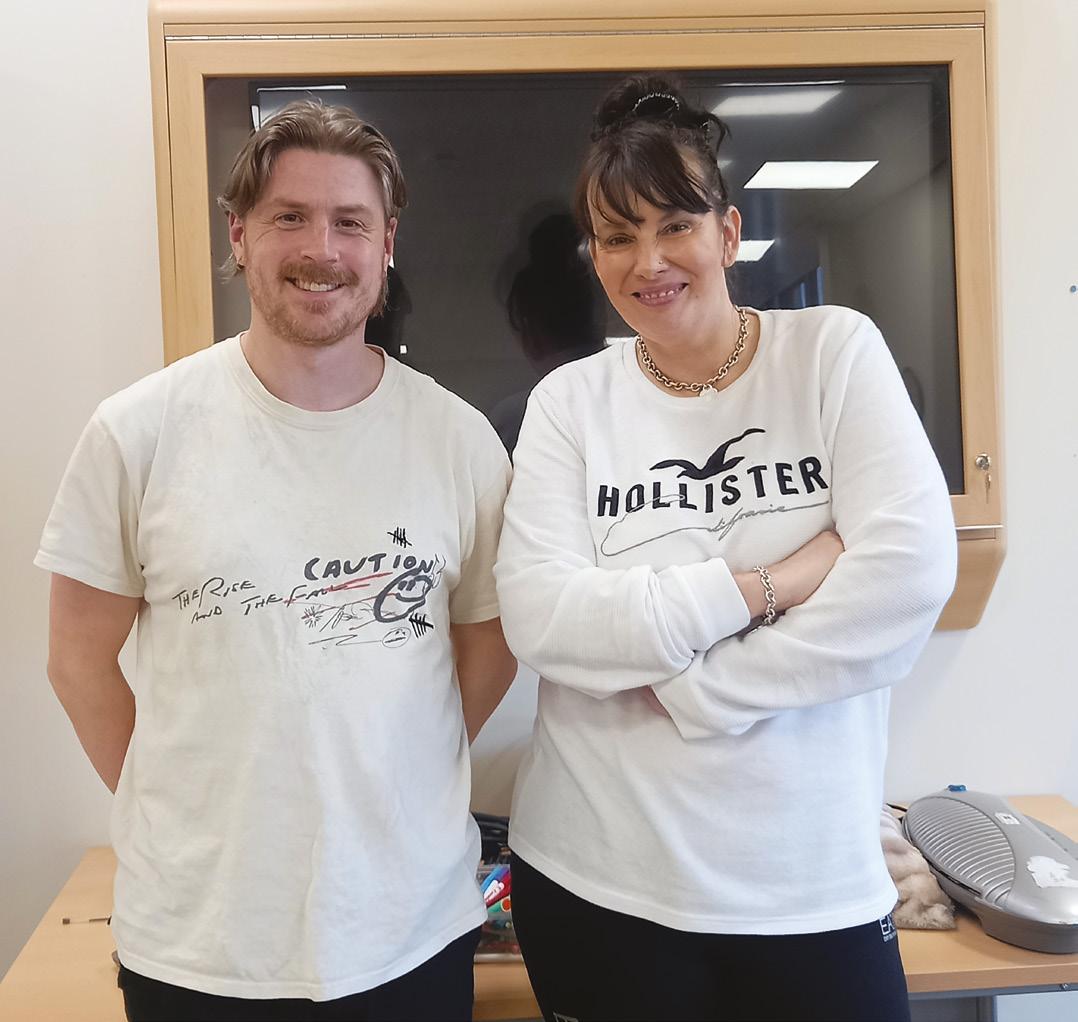
I knew I was autistic from a very early age. When I was about four, I started to feel that the world around me was very different to what other people were experiencing. But when I was growing up, there was no help or support available to me: it was only as an adult that I started to understand my behaviours a bit more.
We thought it would be a really good idea if we could have Skills for Life classes for younger autistic people. I sat down with our Director and some of the National Autistic Society support workers, and we started to devise what would be important to young people as they navigate their way through life.
The classes cover a range of topics, including online safety, travel skills, hygiene, stress and anxiety. We also put strategies together for the young people, to help them alleviate some of the anxiety they go through in different situations.
I felt it was very important that the group was autistic-led, because there’s only so
much that neurotypical people can teach. I wanted to be able to say to the young people: “I understand; I had all the problems you are encountering, and here’s what I did.” It’s good for the young people to understand that their behaviours aren’t strange: they are perfectly normal.
I think the groups are a really good place for young people. They know they are somewhere they can be themselves for a few hours; they don’t need to put on any masks. We are seeing so many success stories: some of the young people didn’t verbalise at all until coming and speaking to us.
I really encourage more autistic people to volunteer. You don’t realise how much good you’ll get from helping younger people understand their diagnosis, to tell them: “We understand; we’ve been there. You’re not on your own.”
Thank you to all our volunteers! If you’d like to try volunteering, you can see all our roles at autism. org.uk/volunteering
Find out about our Skills for Life programme at autism. org.uk/what-we-do/ northern-ireland
42 Your Autism
Snapshot


























 Interview by Charlotte Gush
Interview by Charlotte Gush

































































